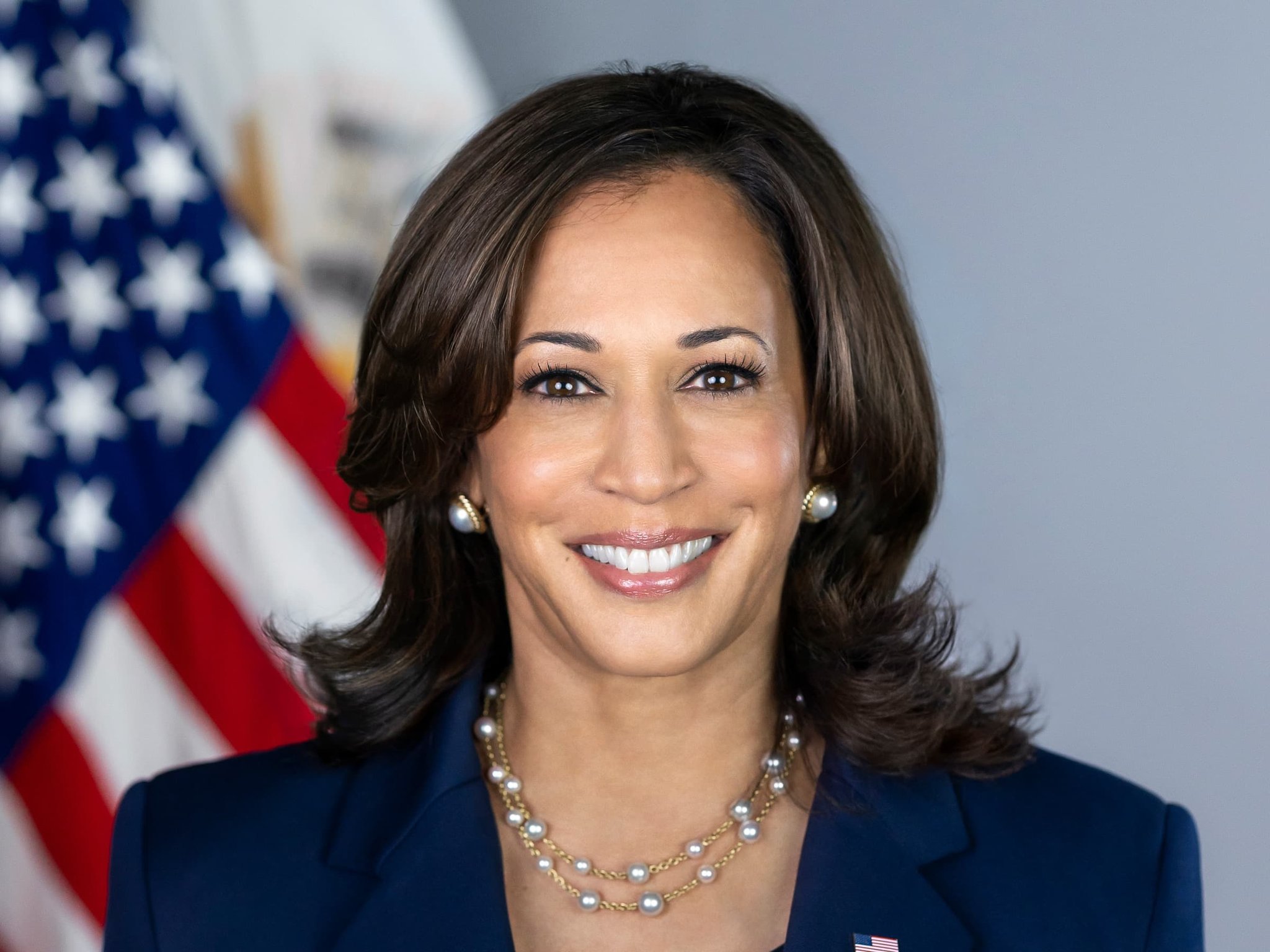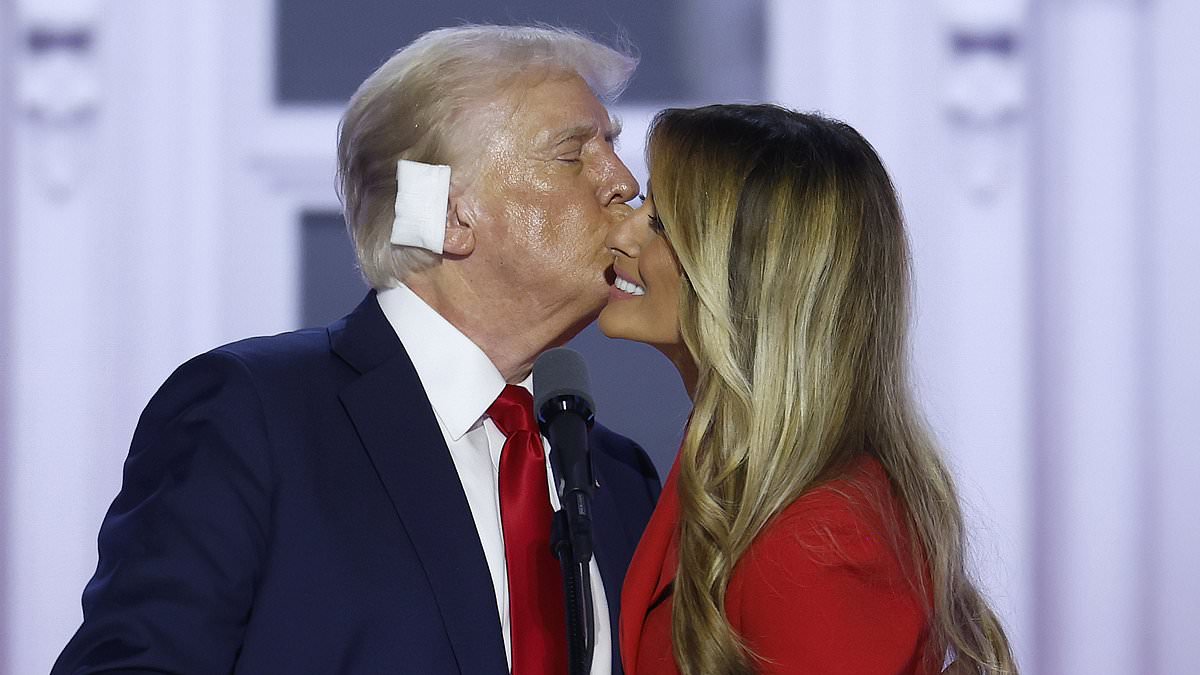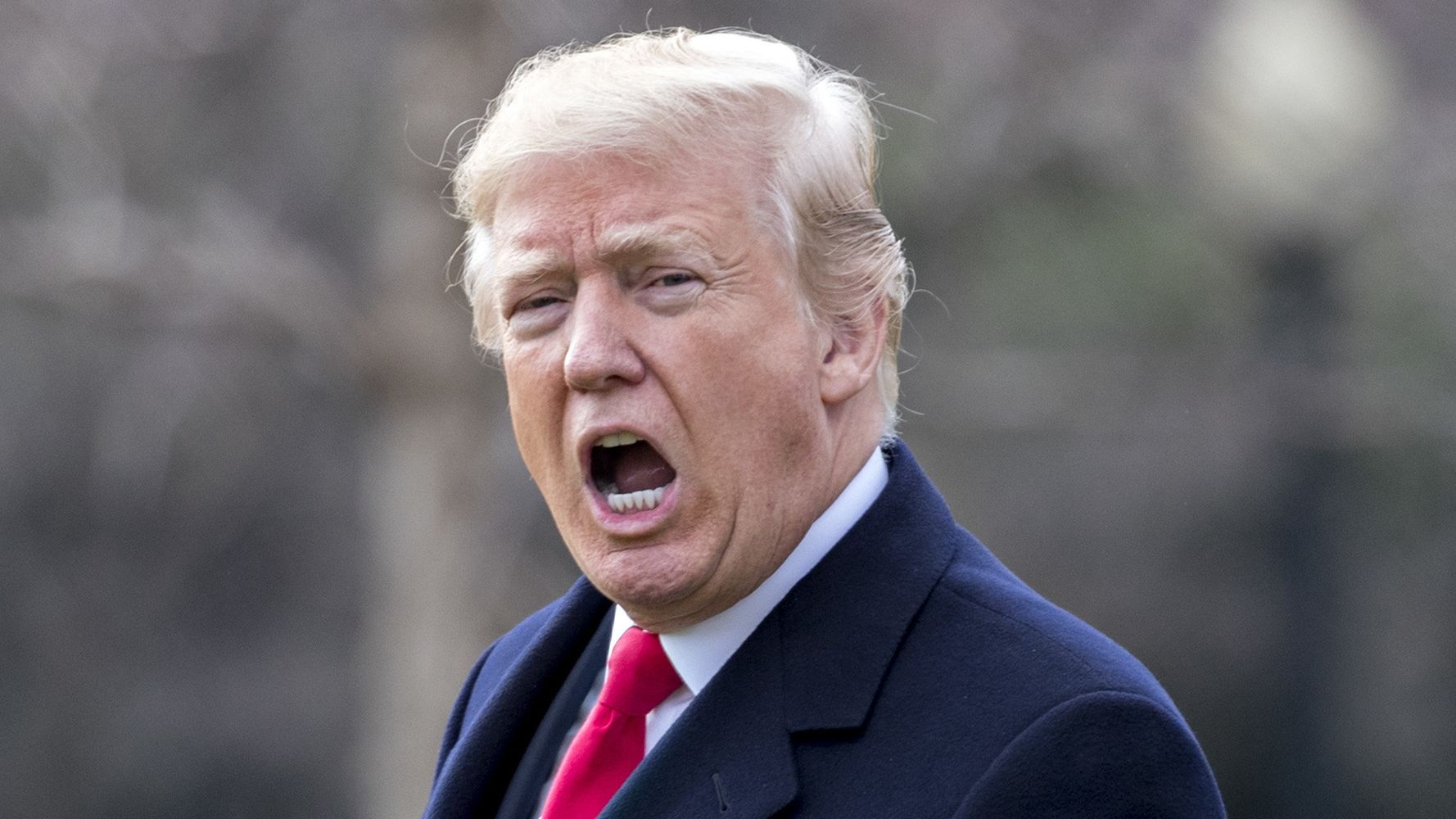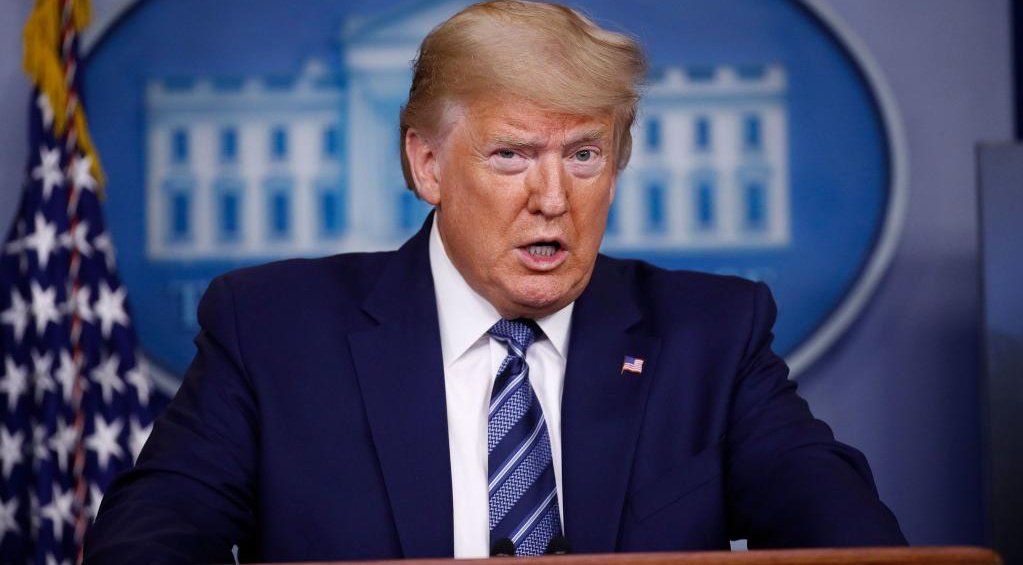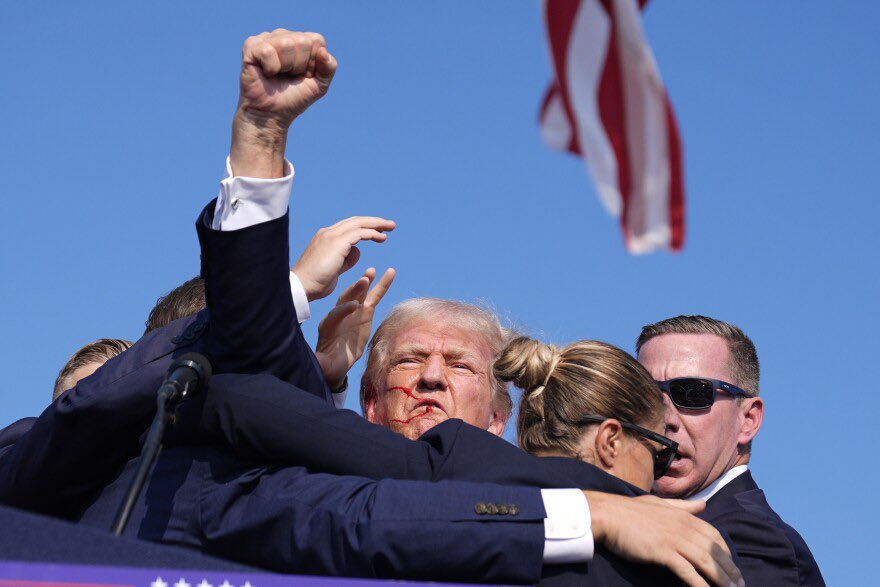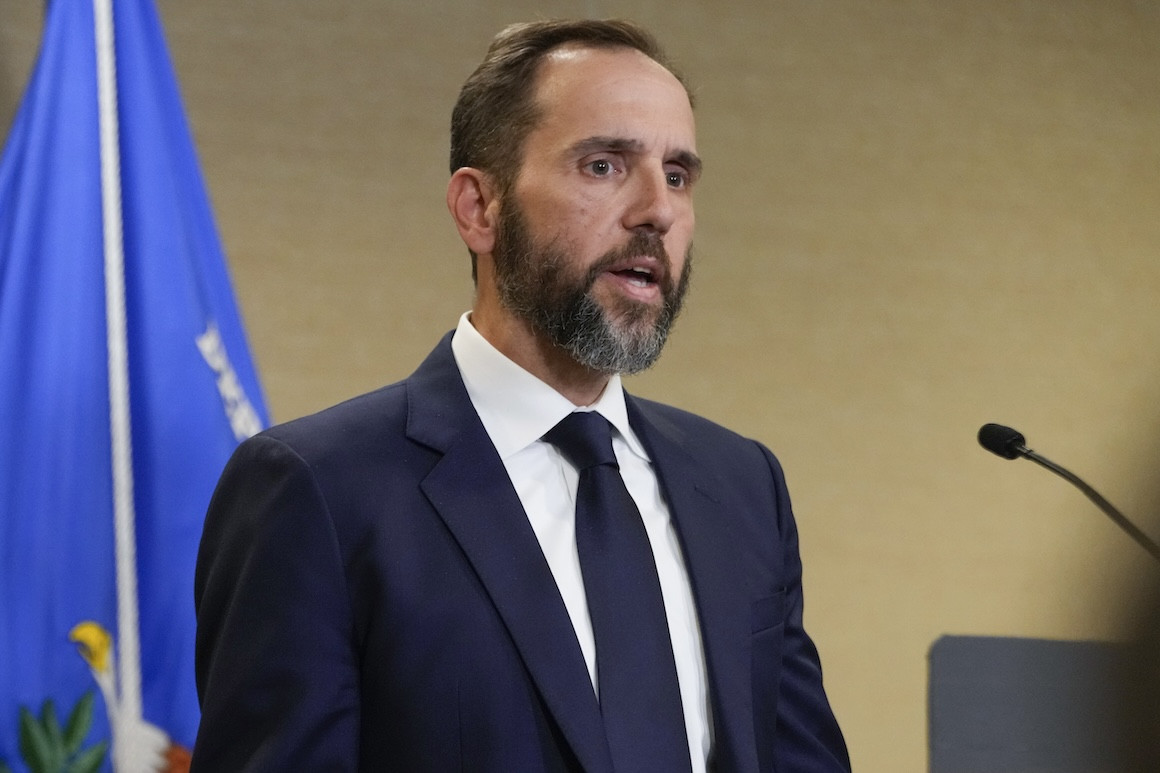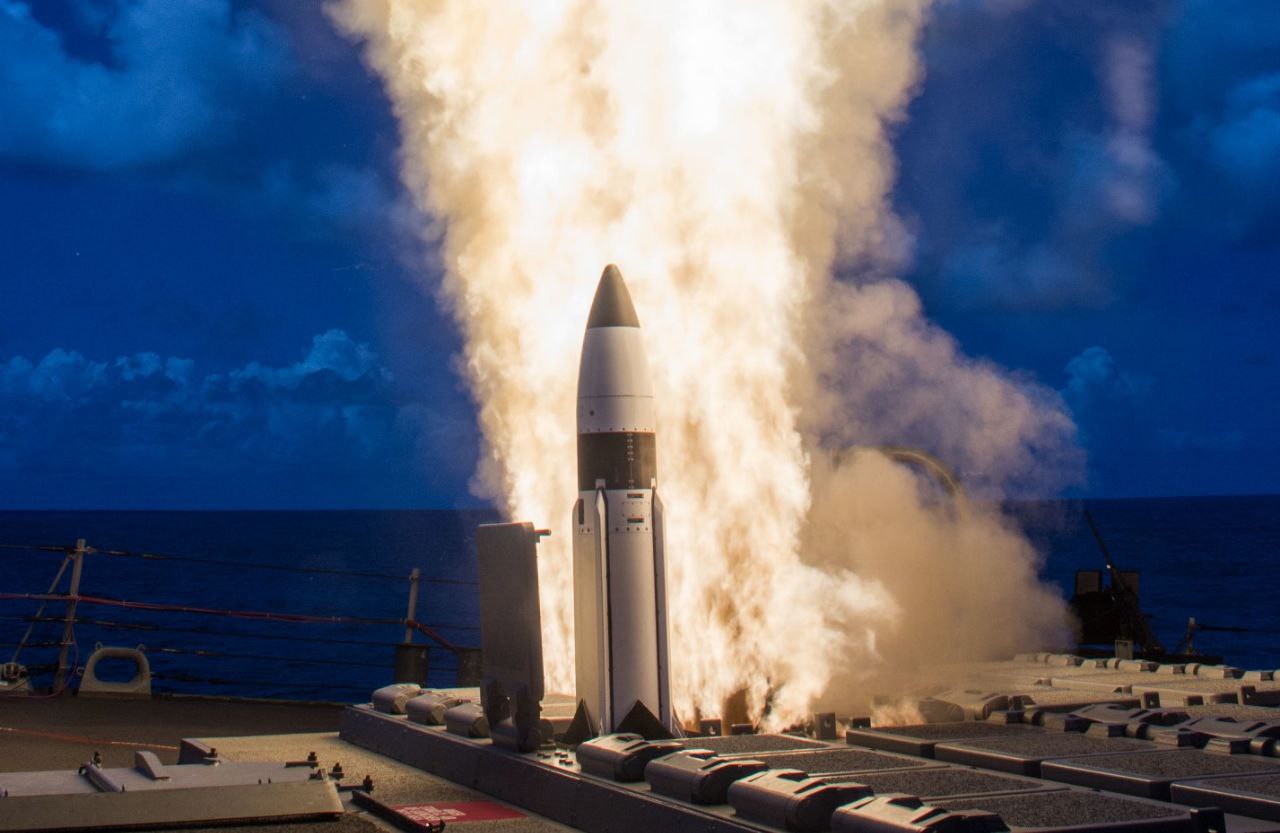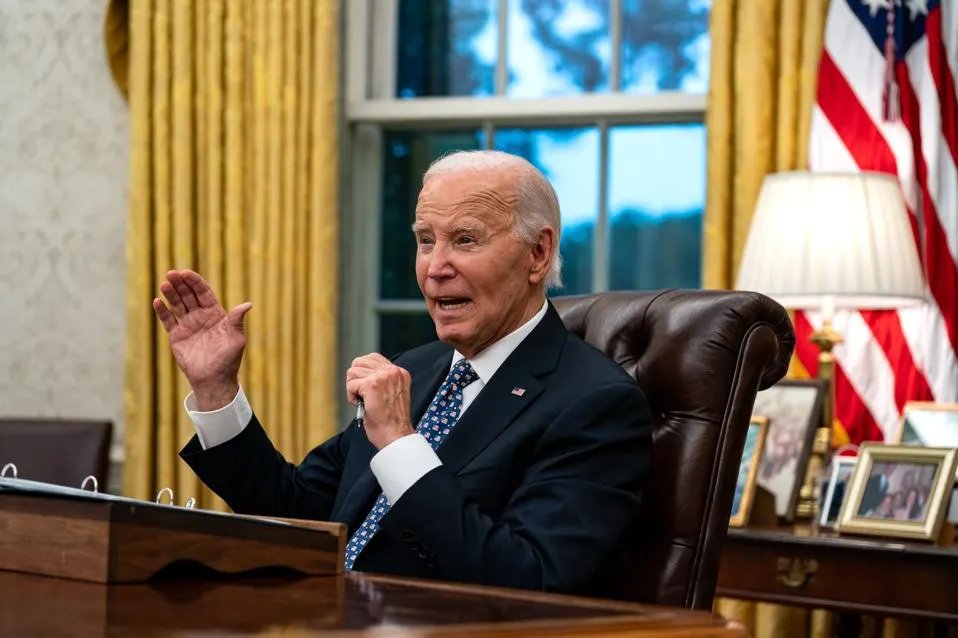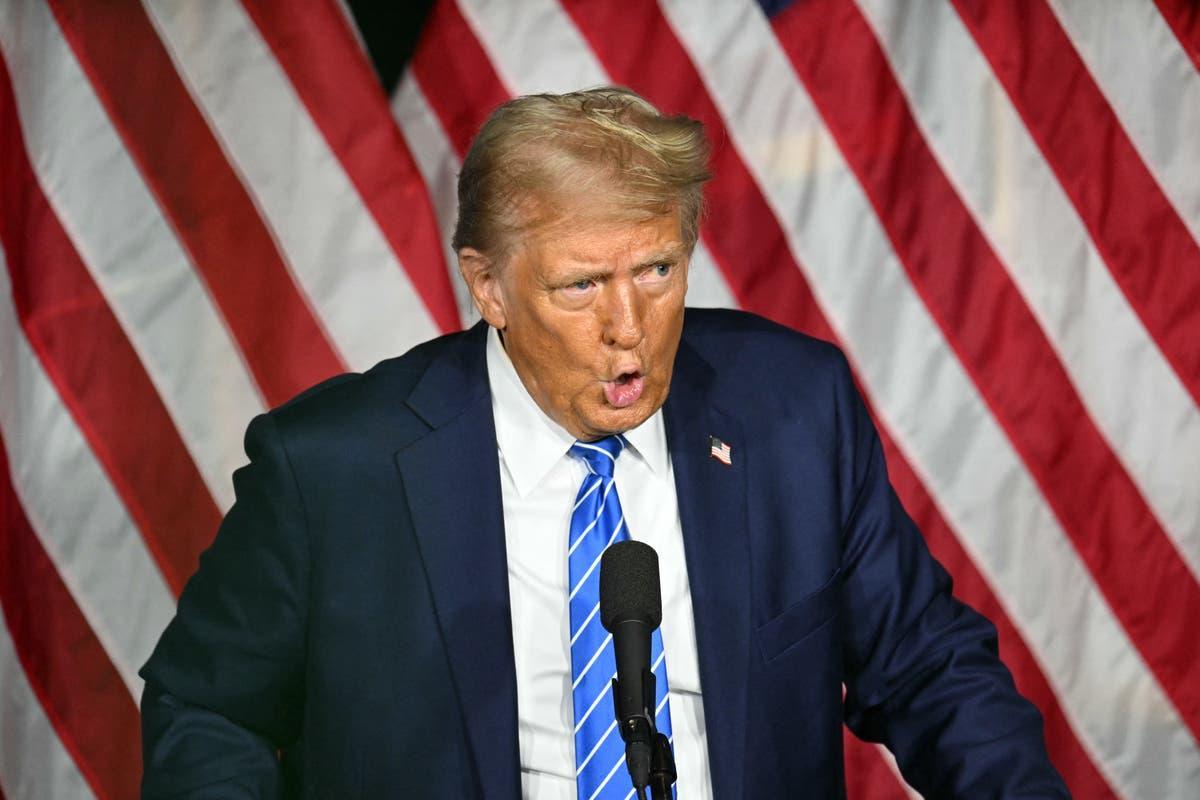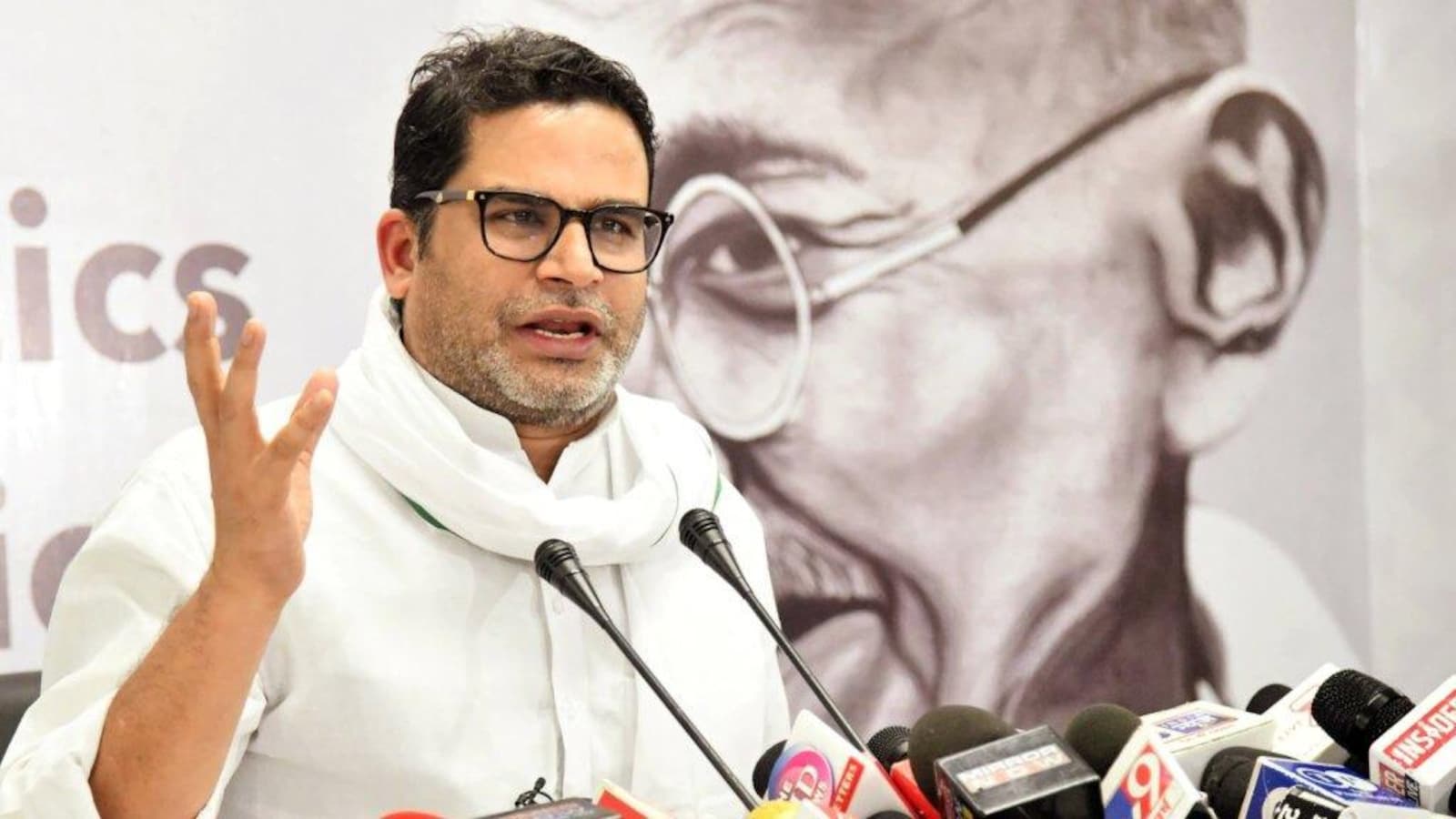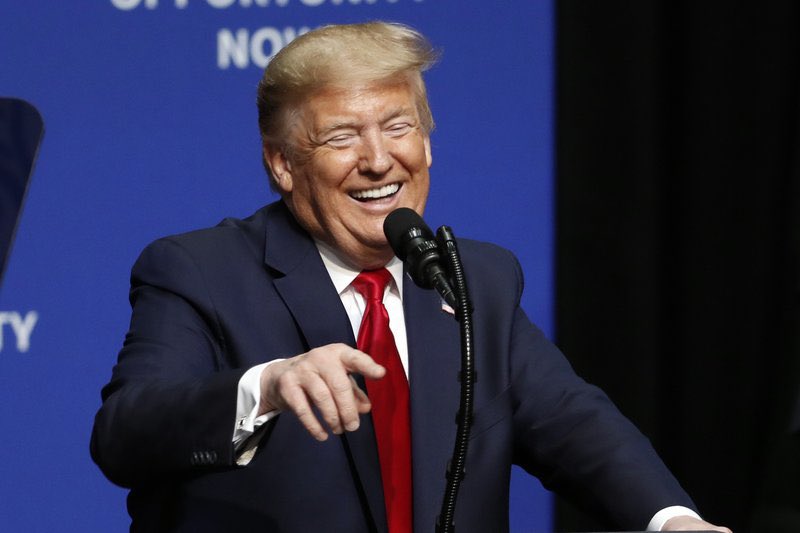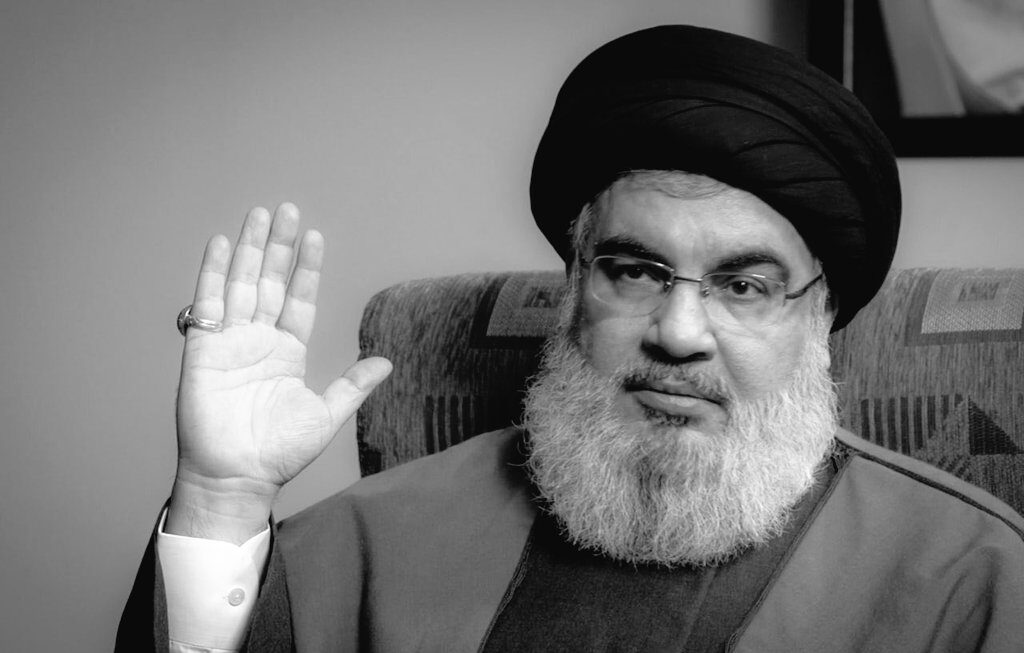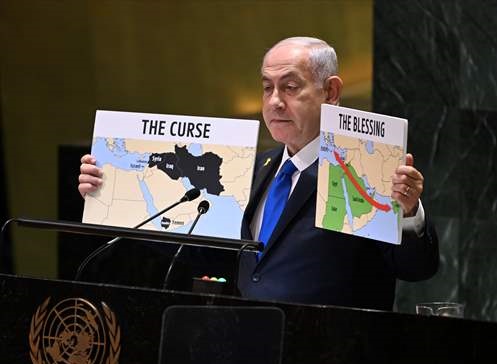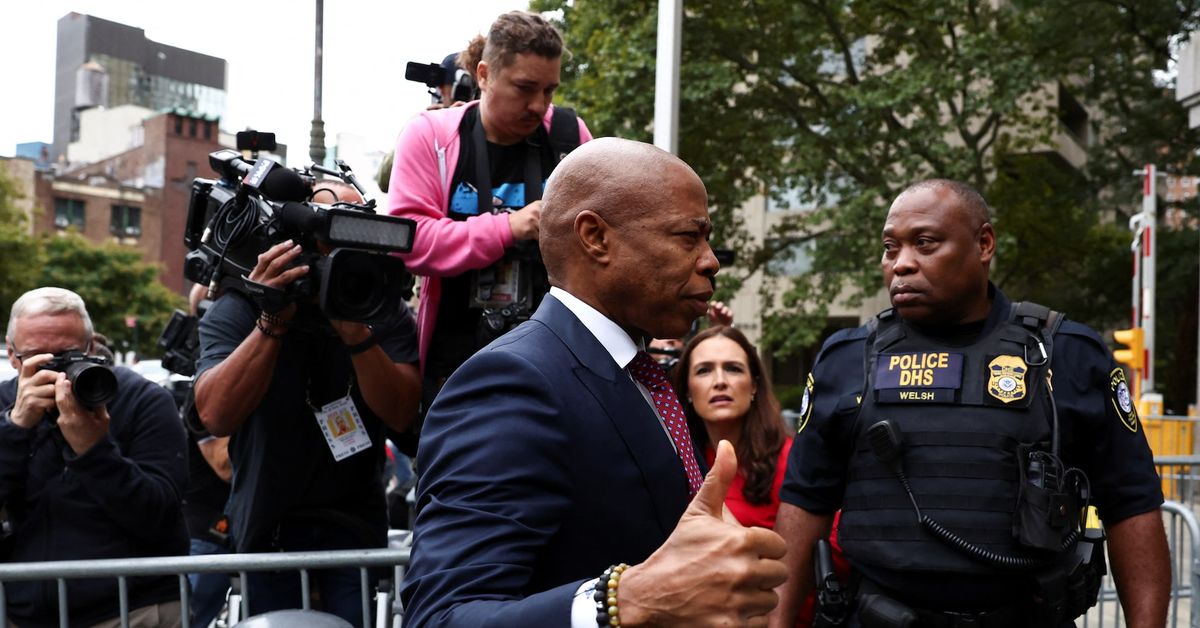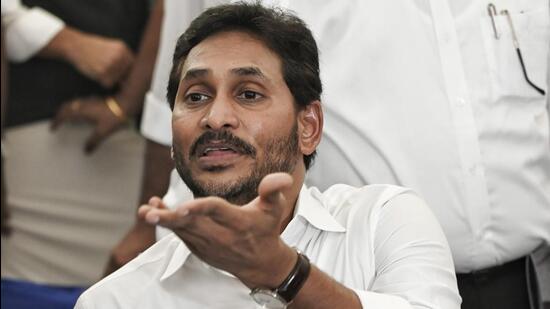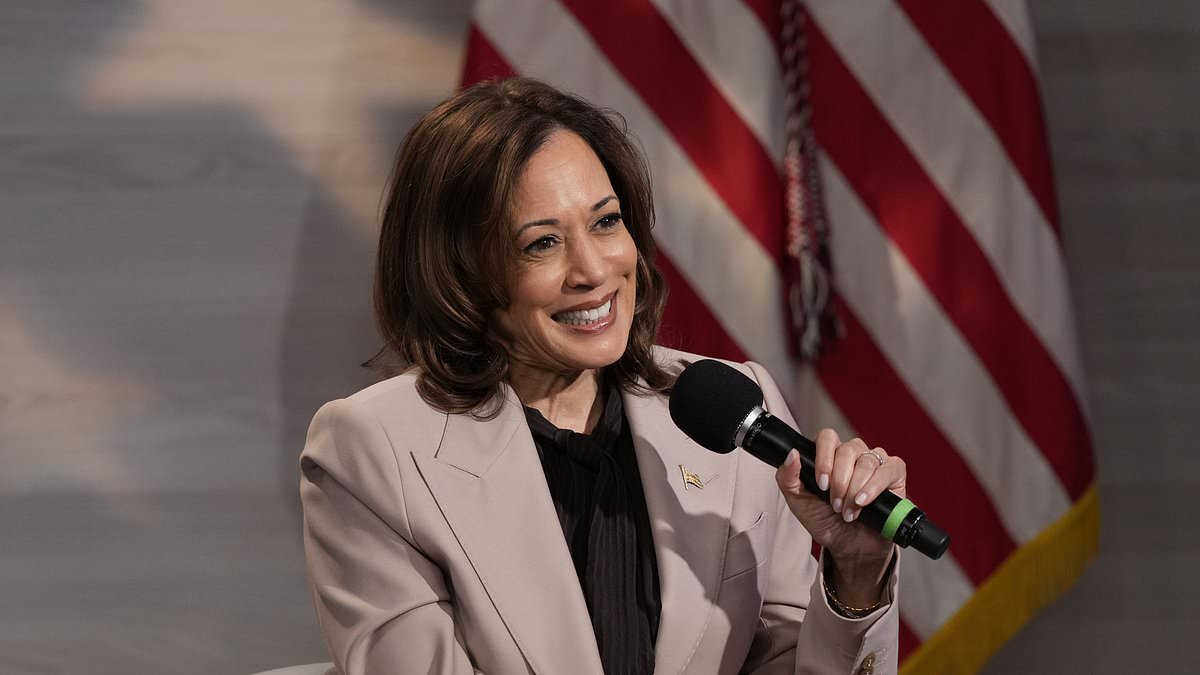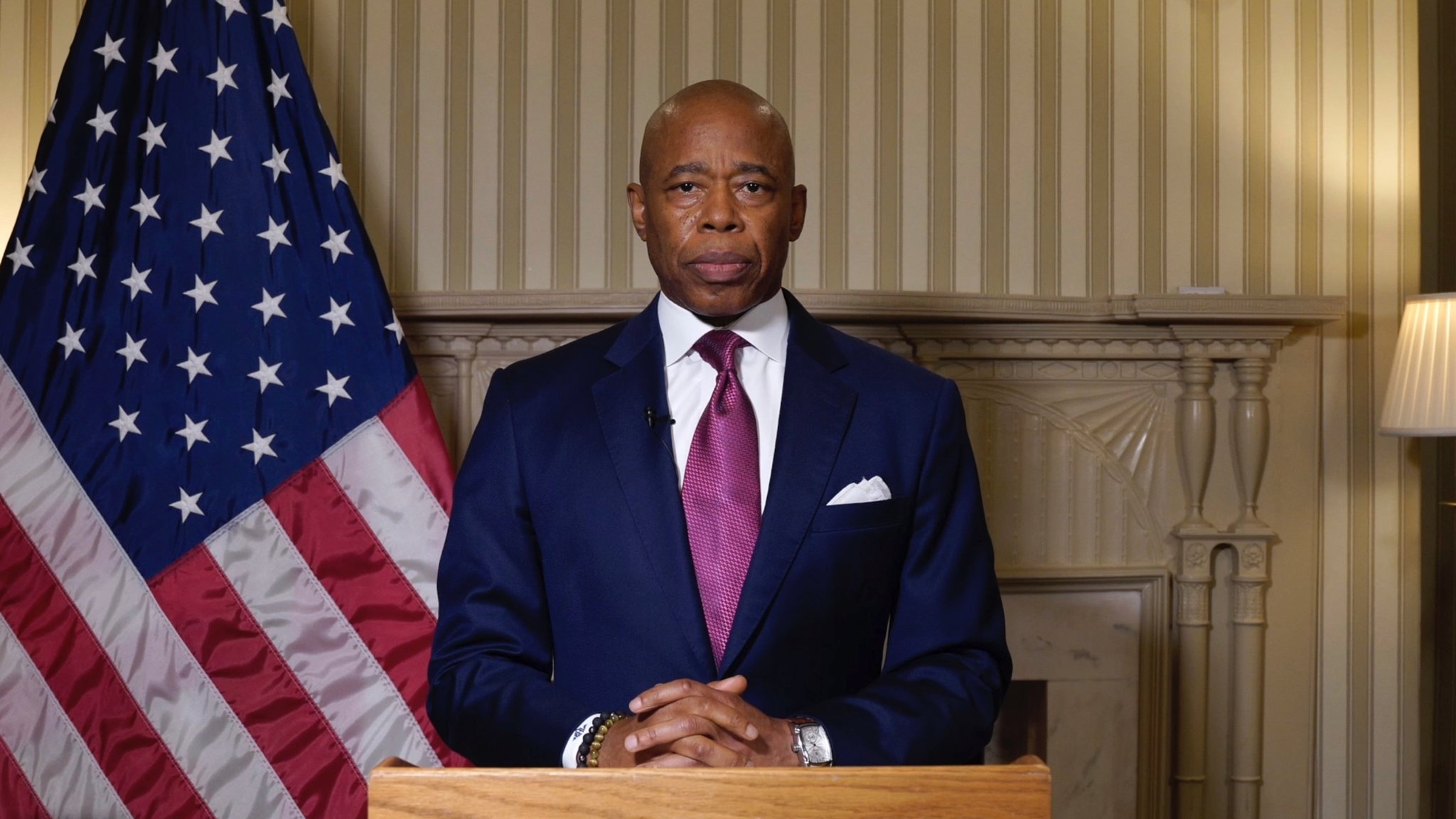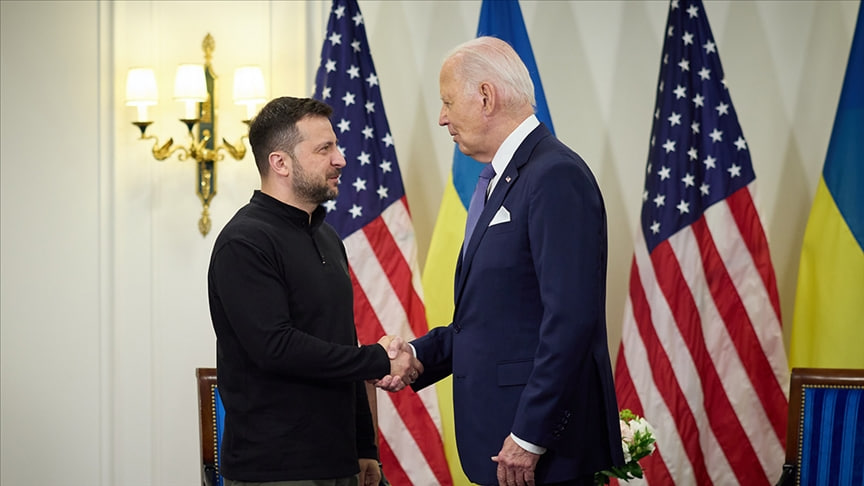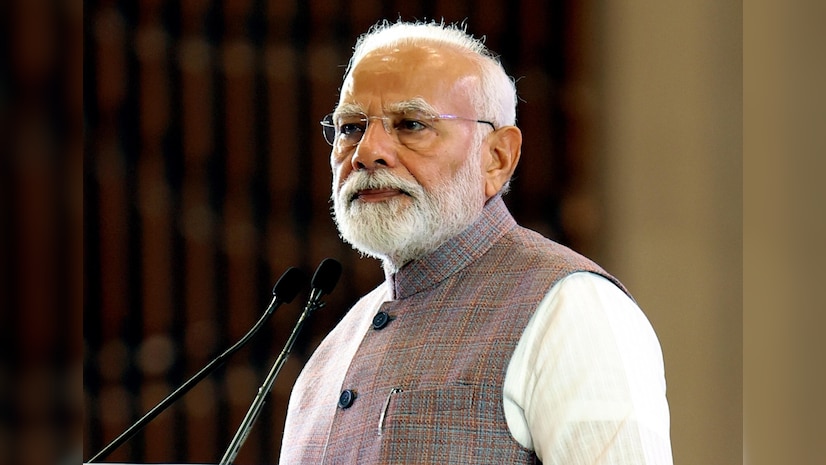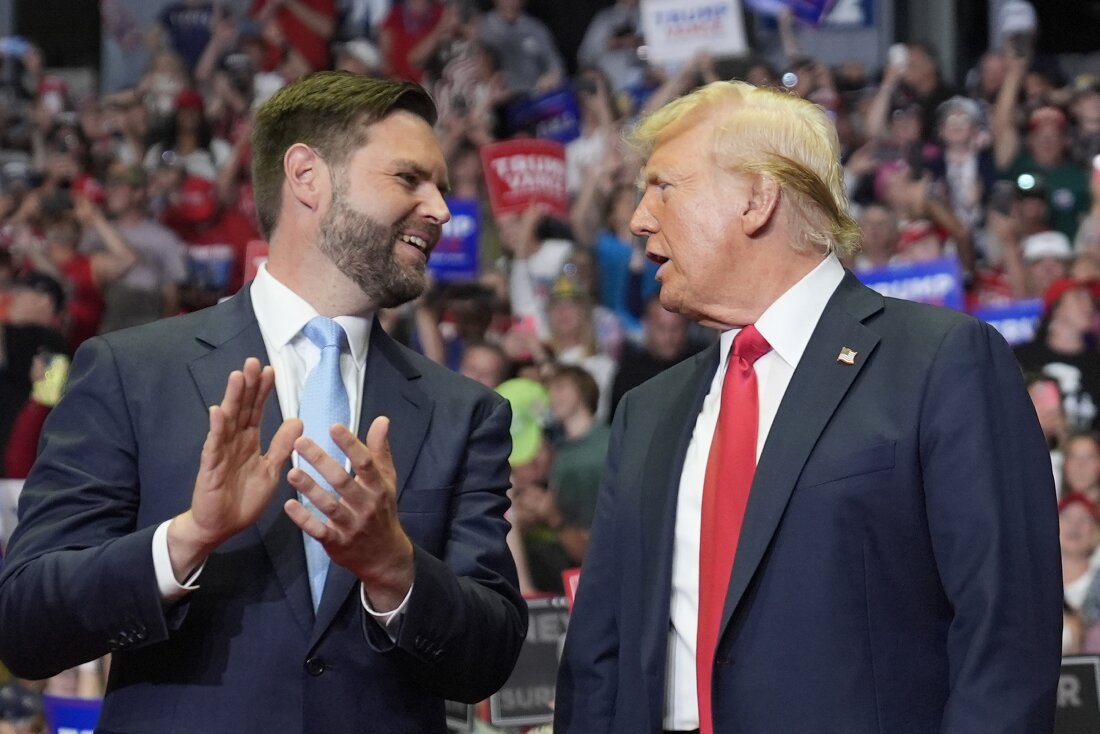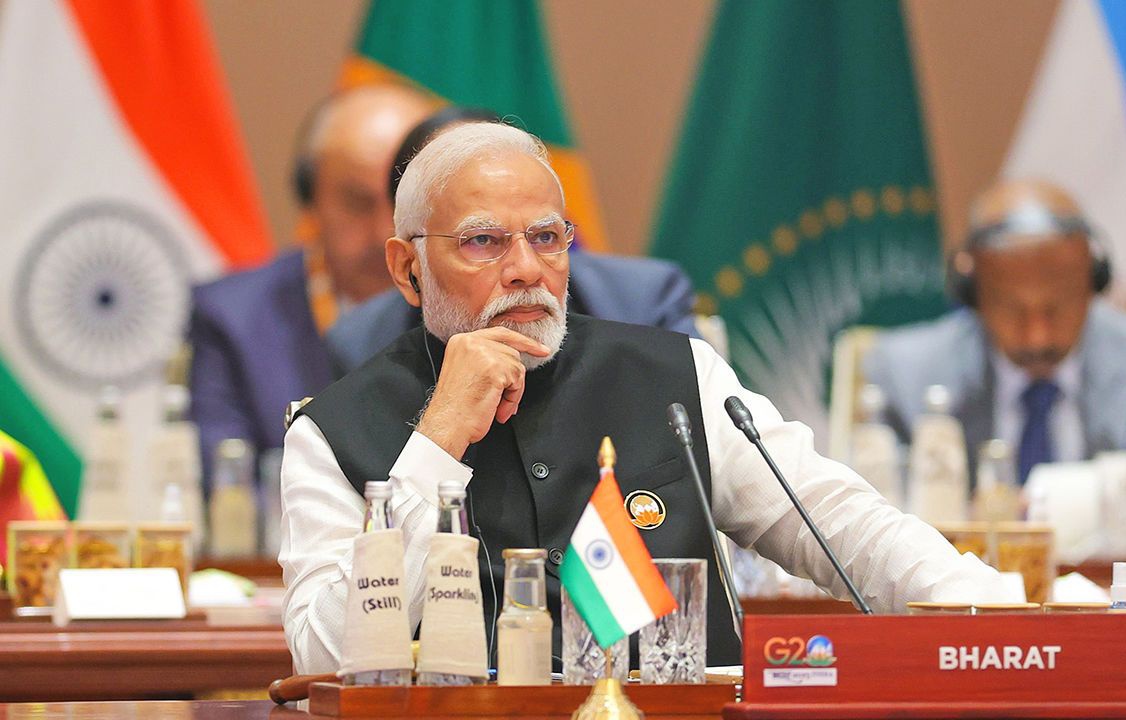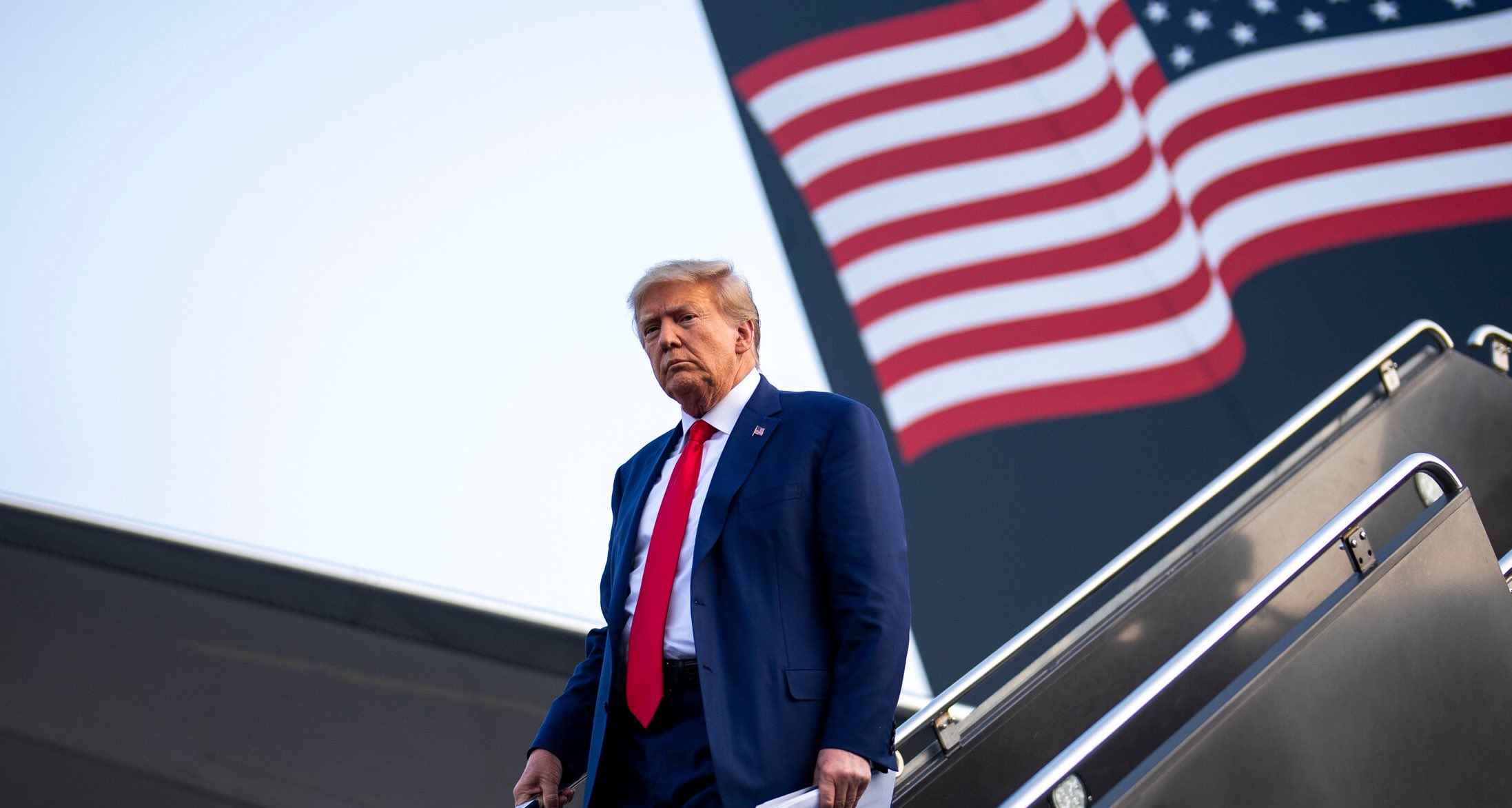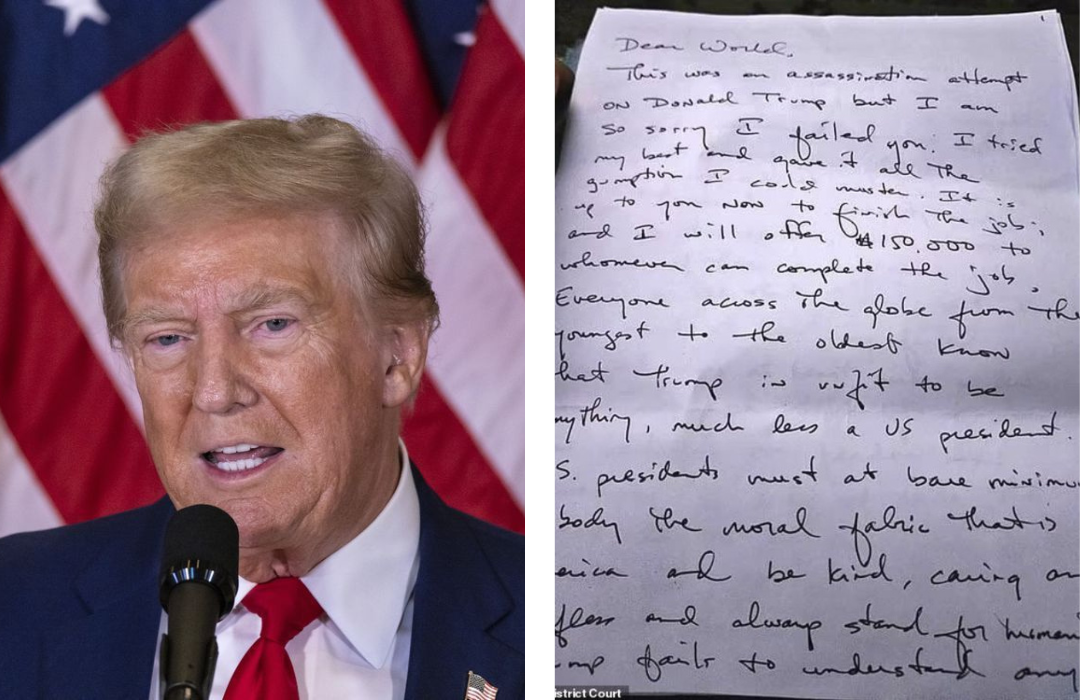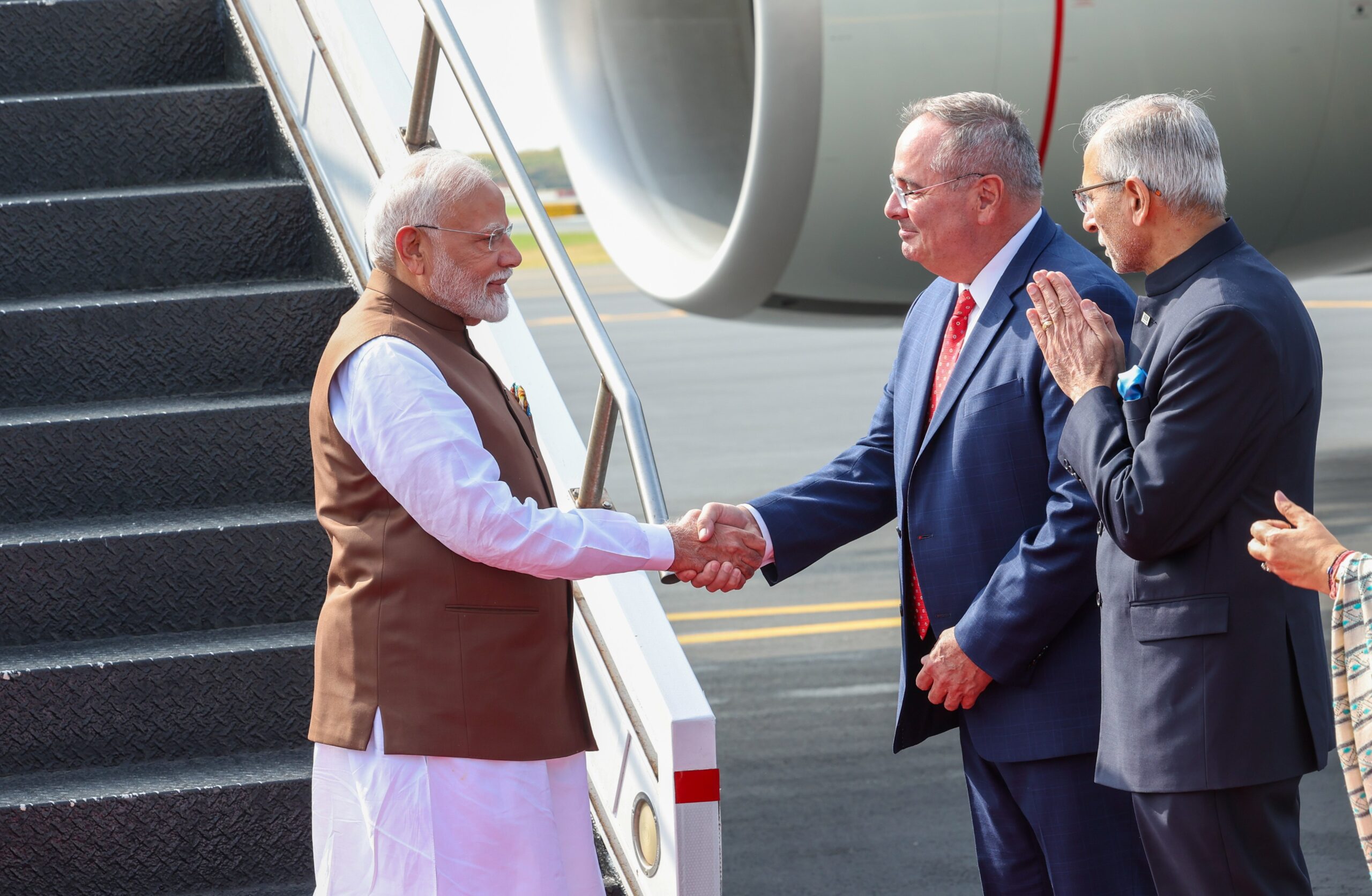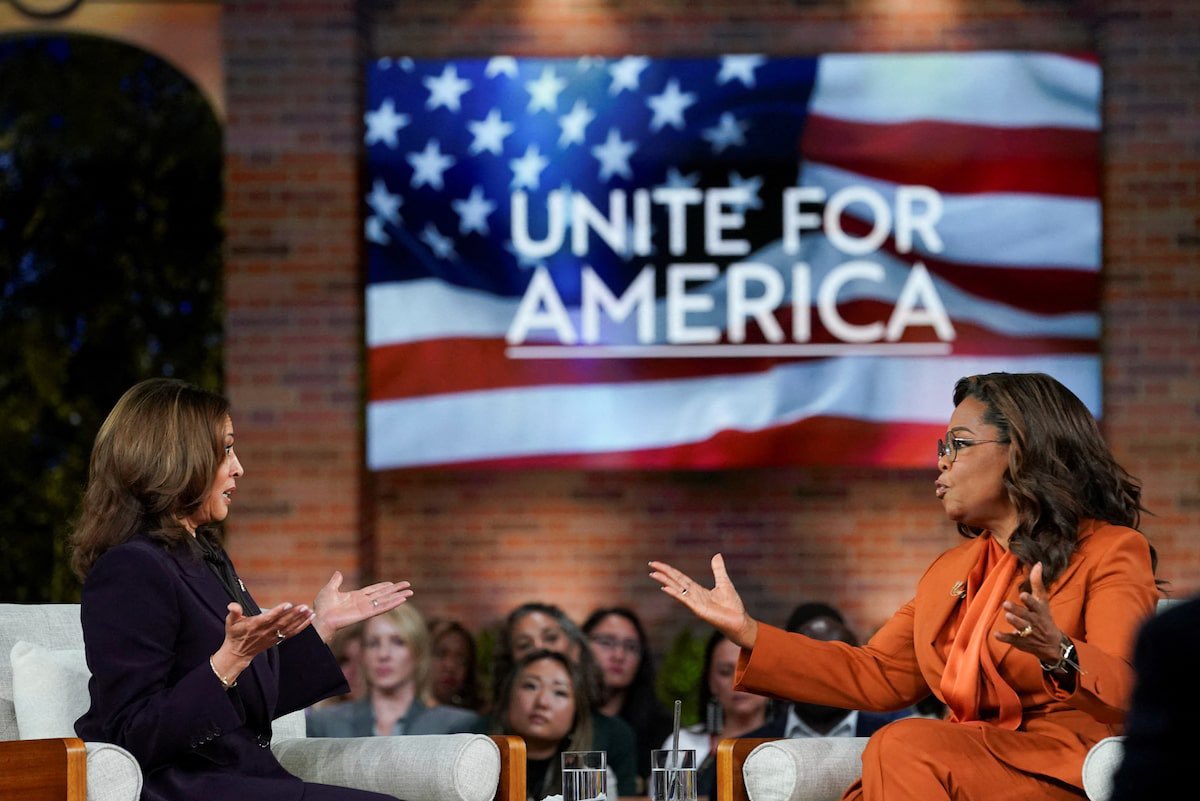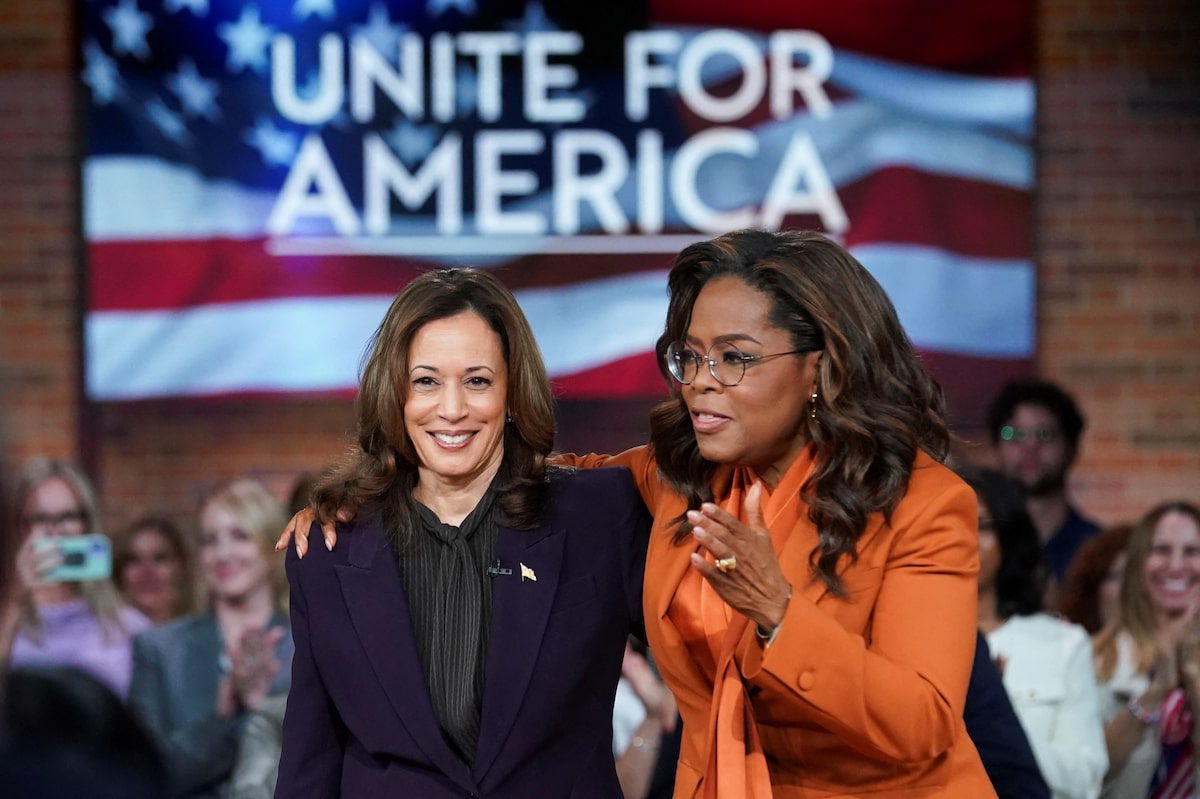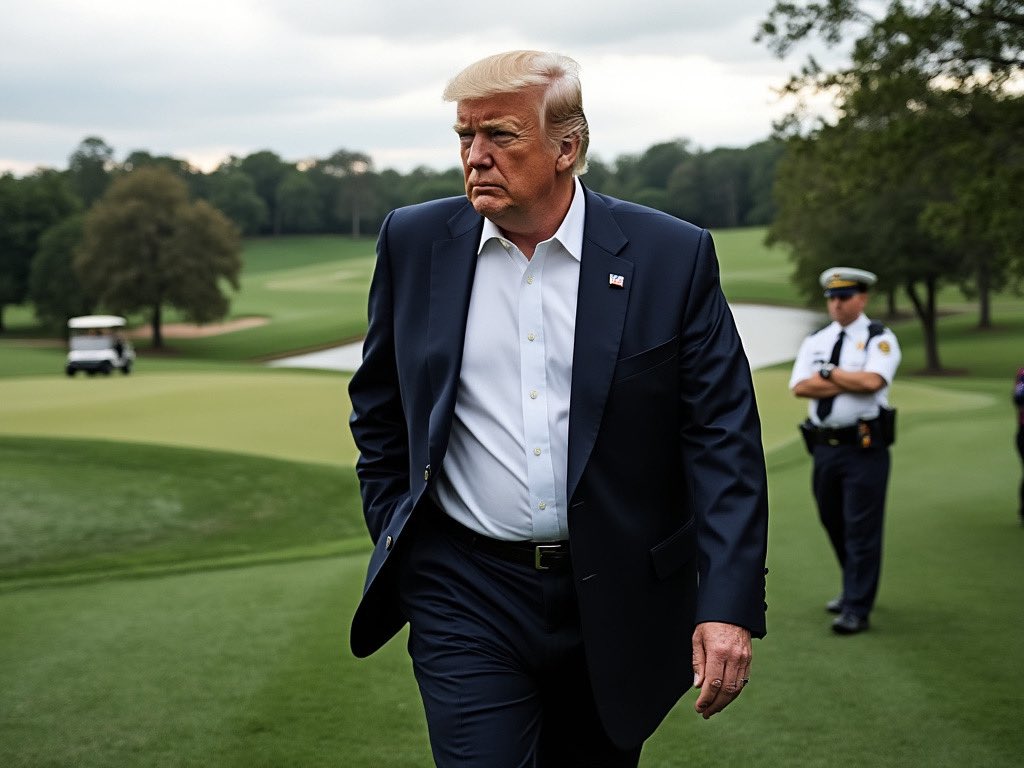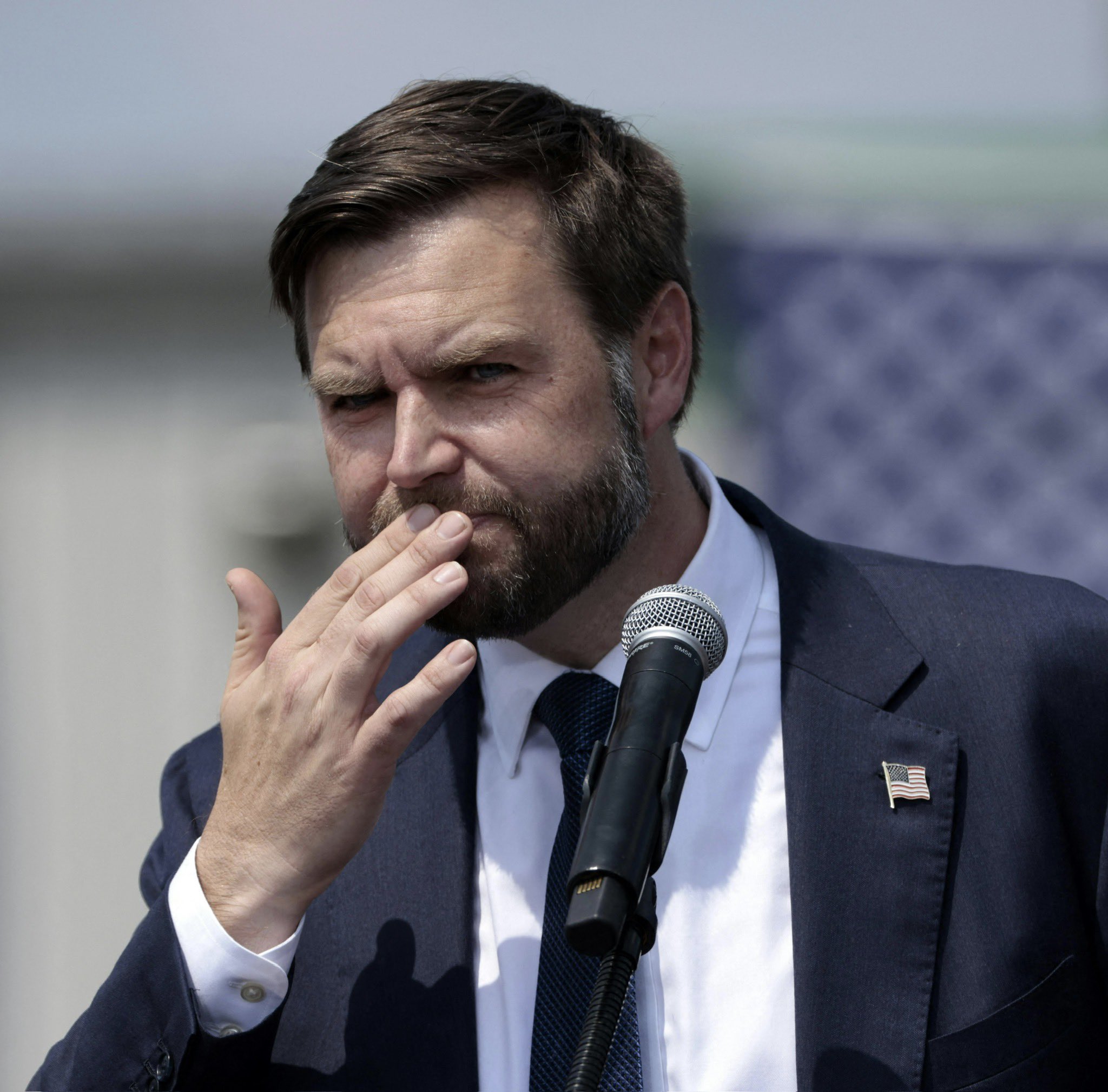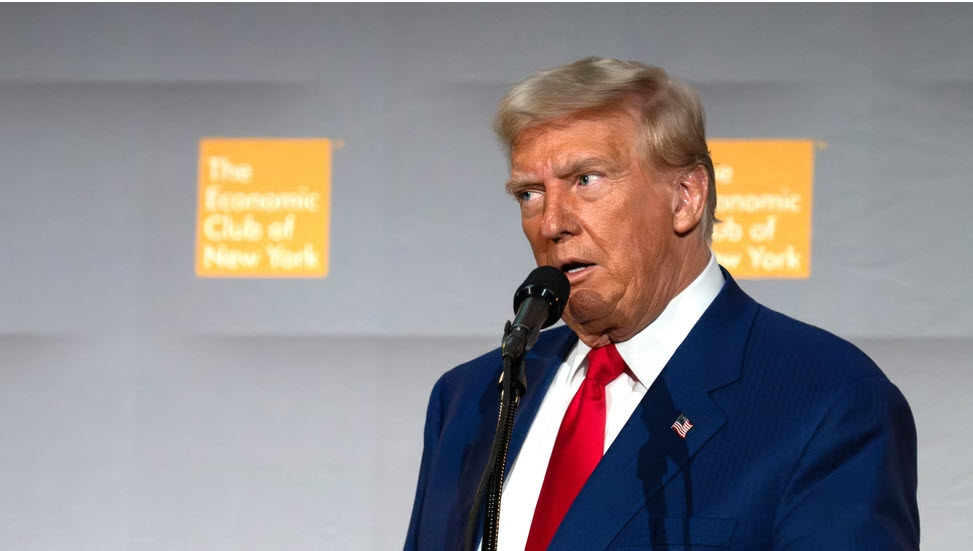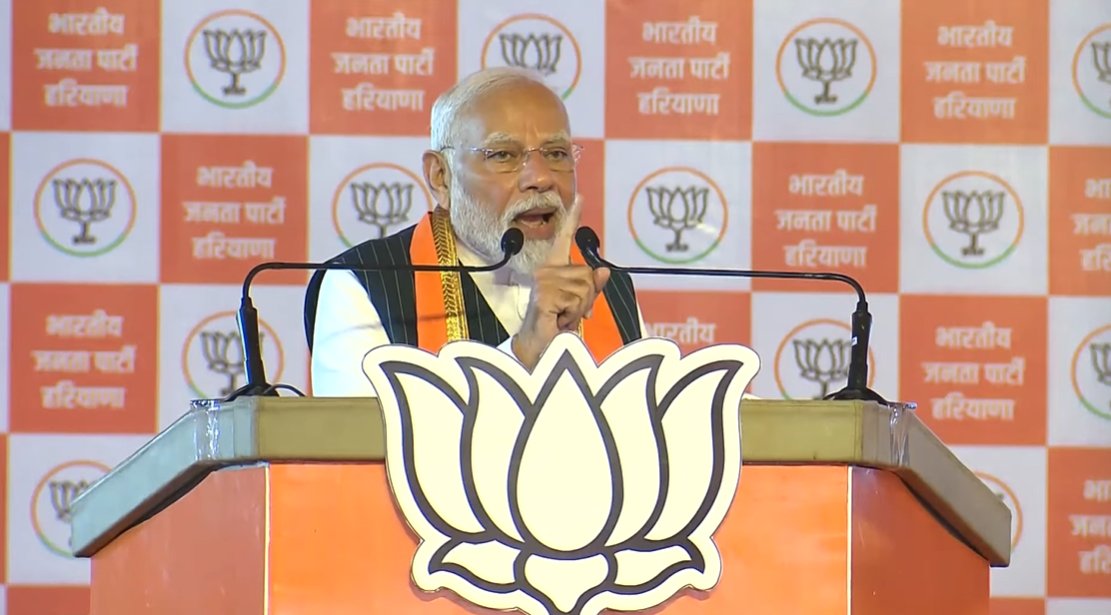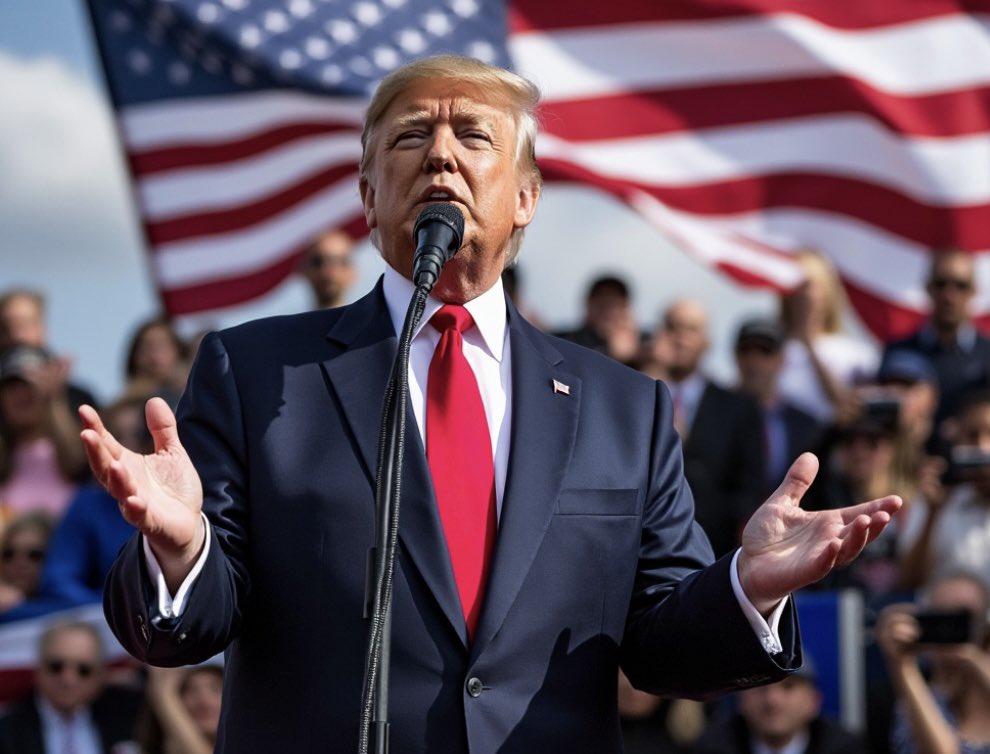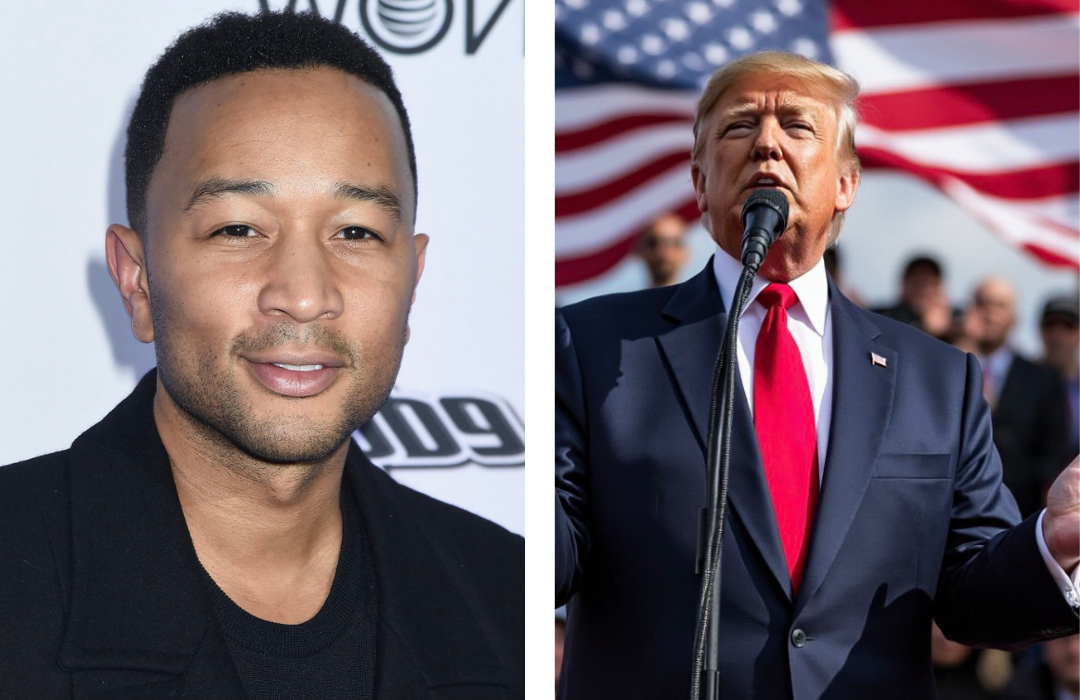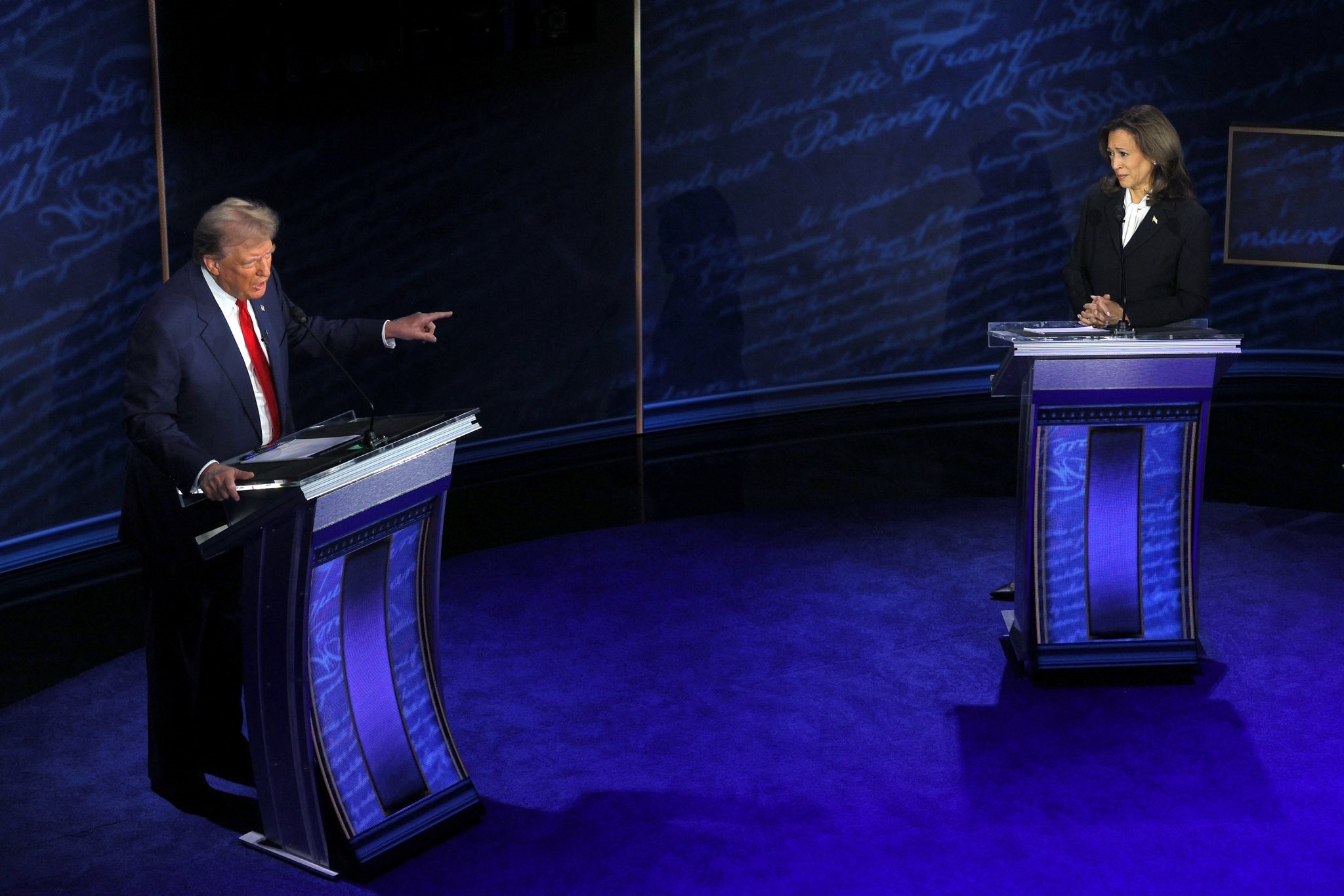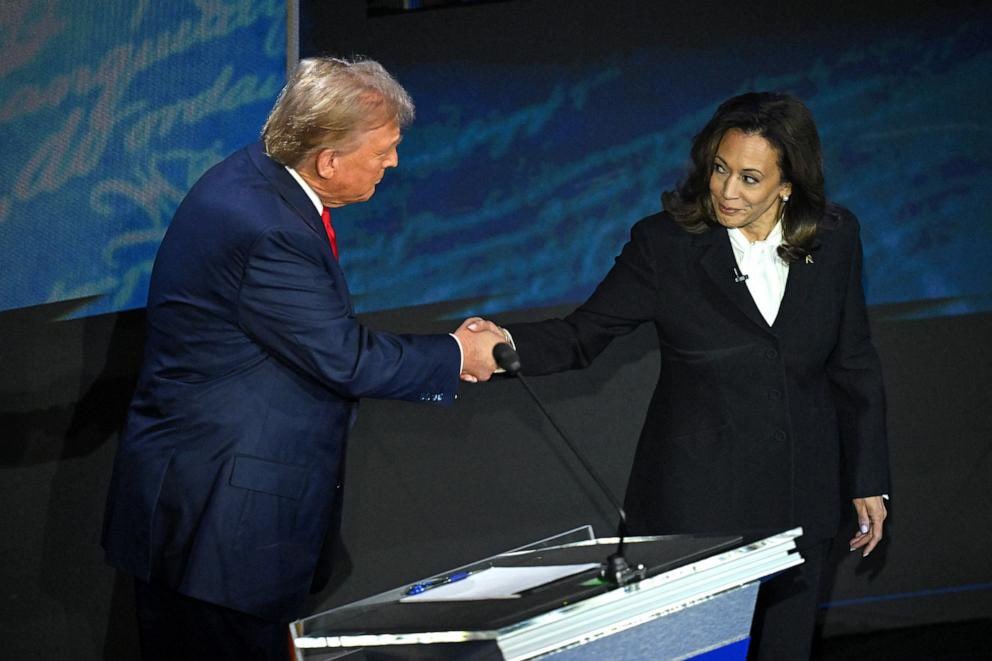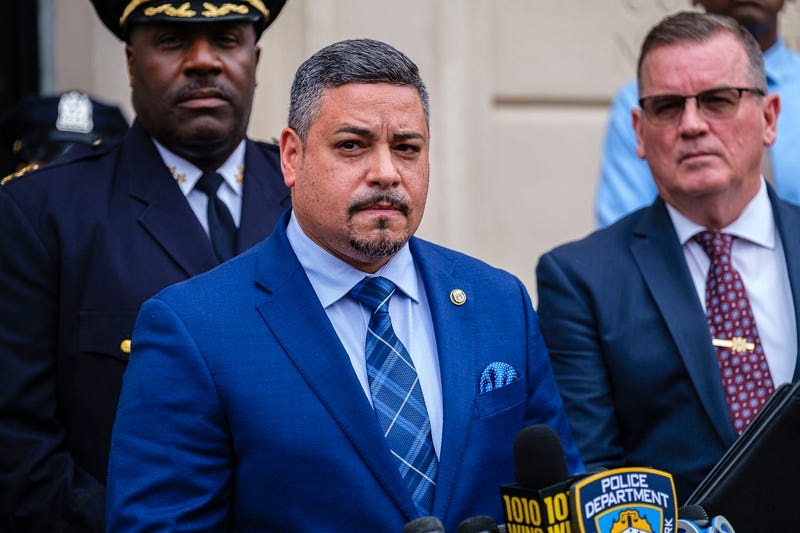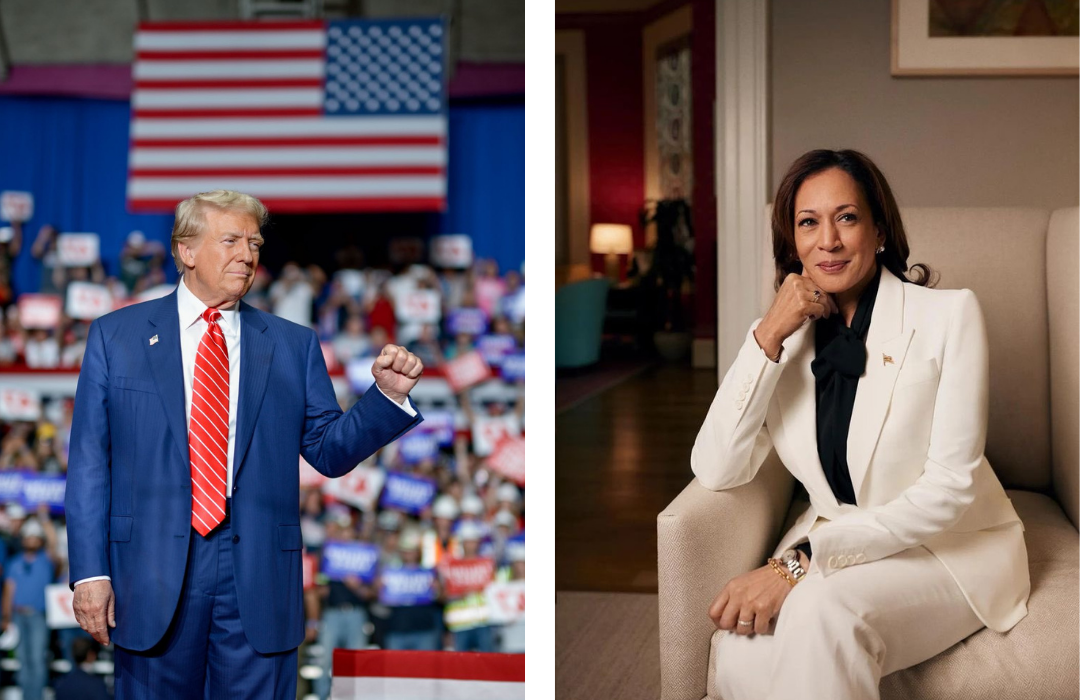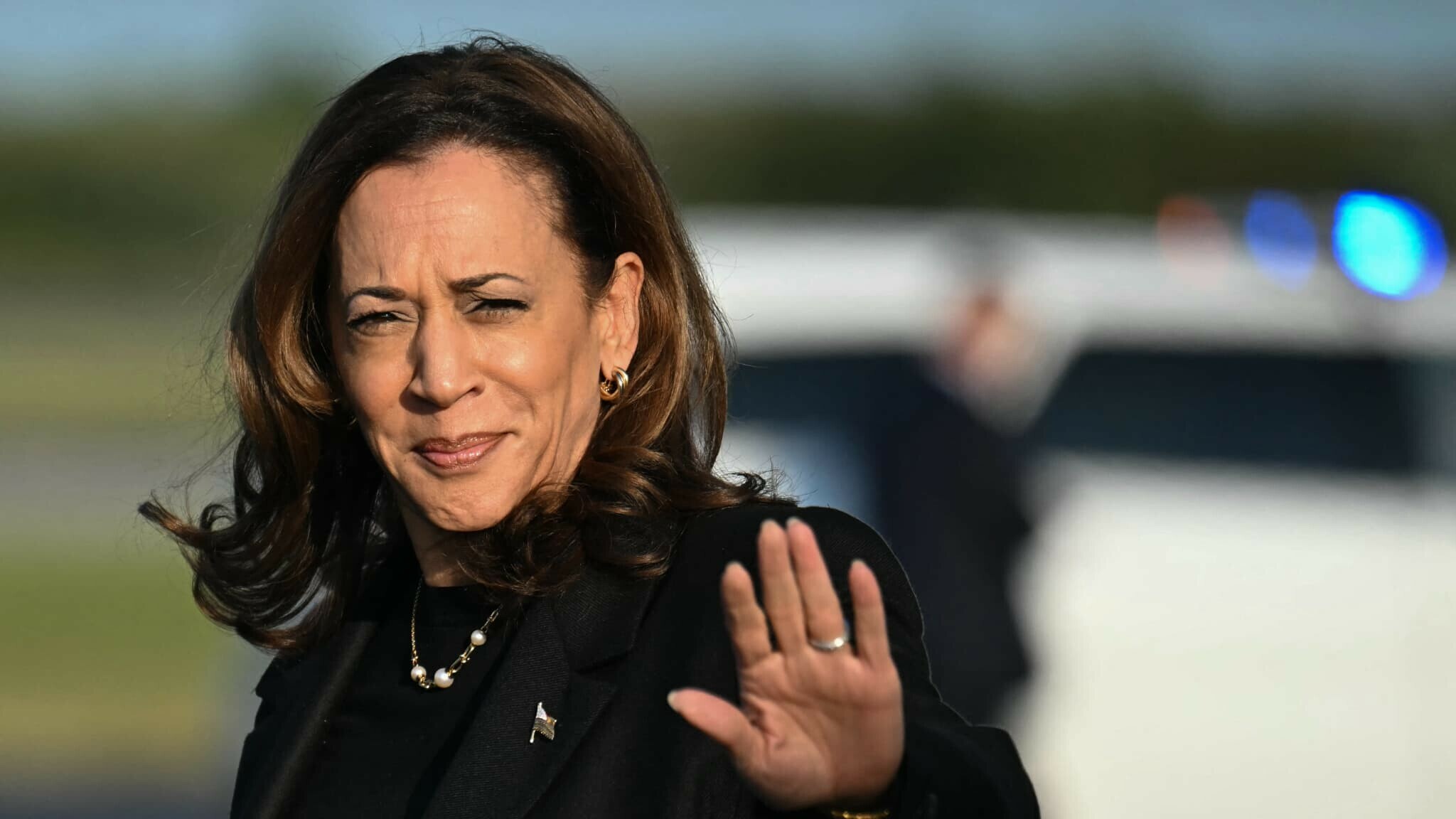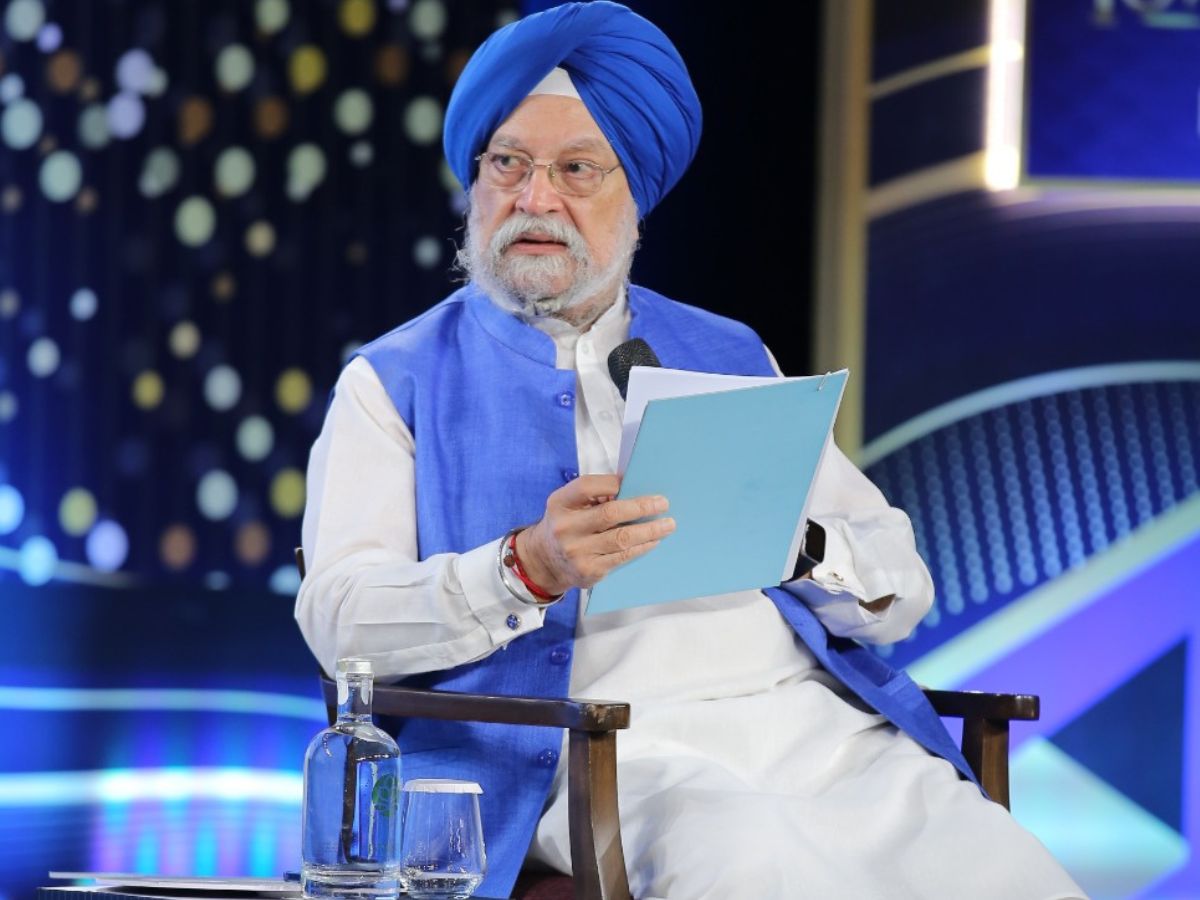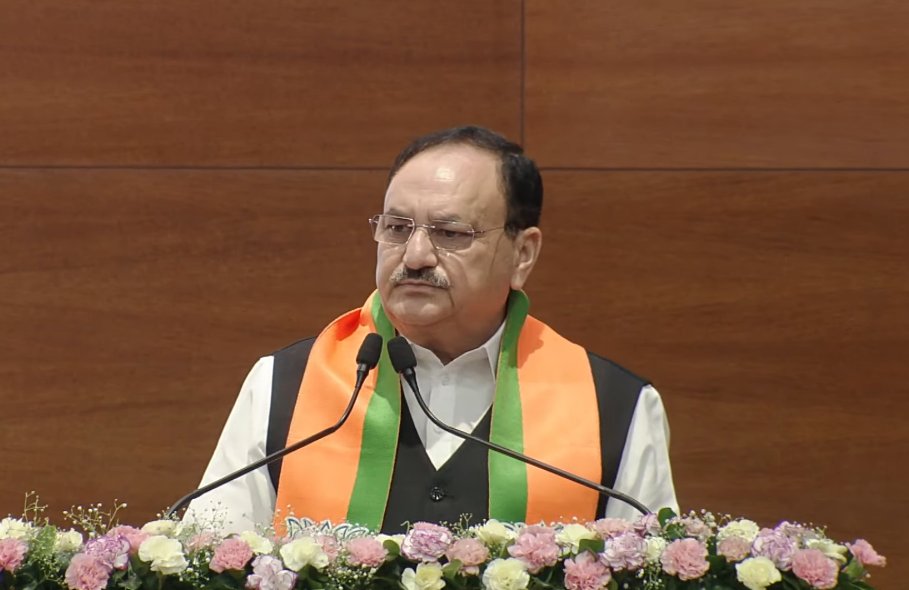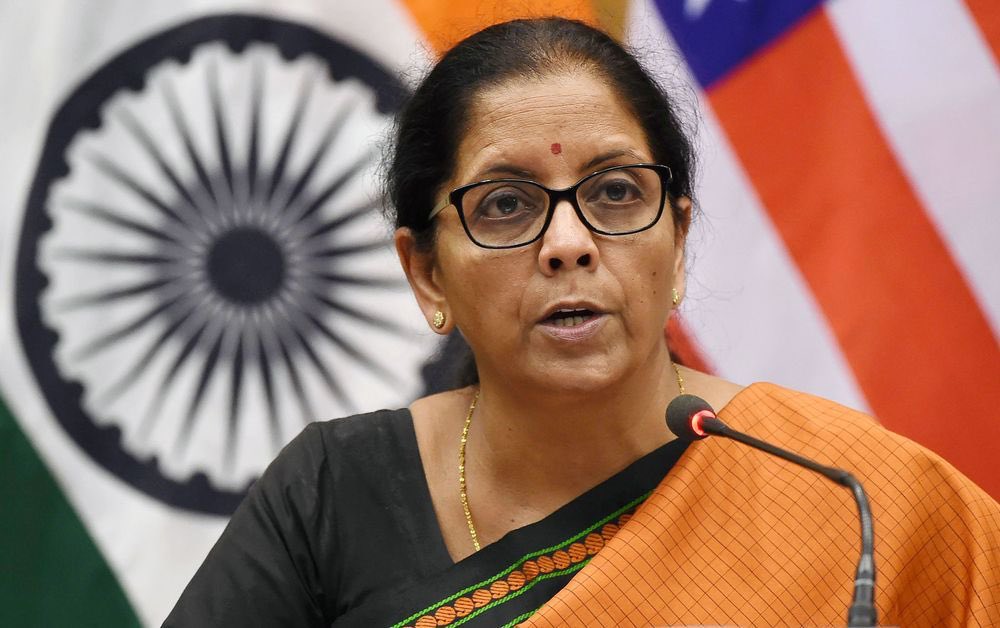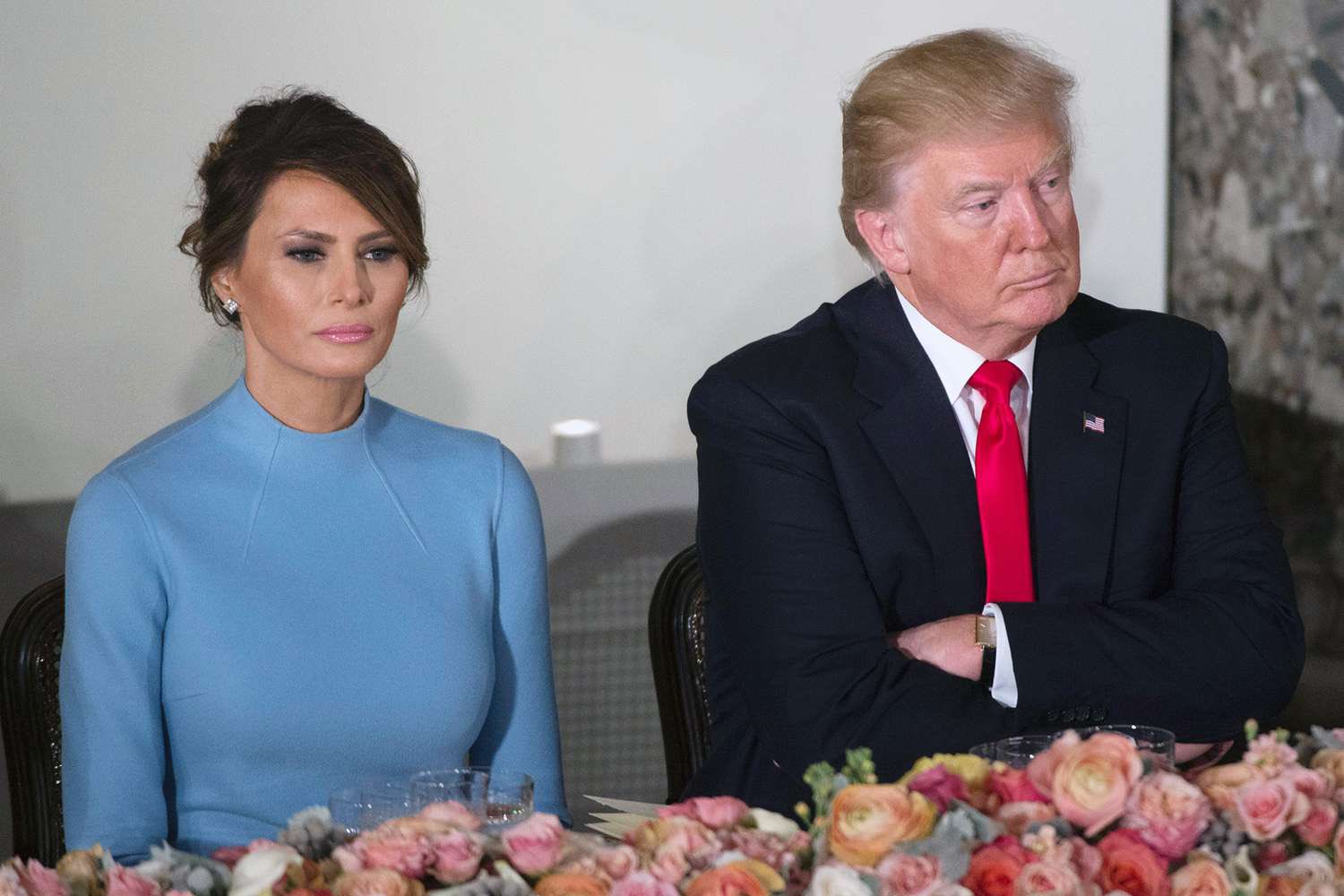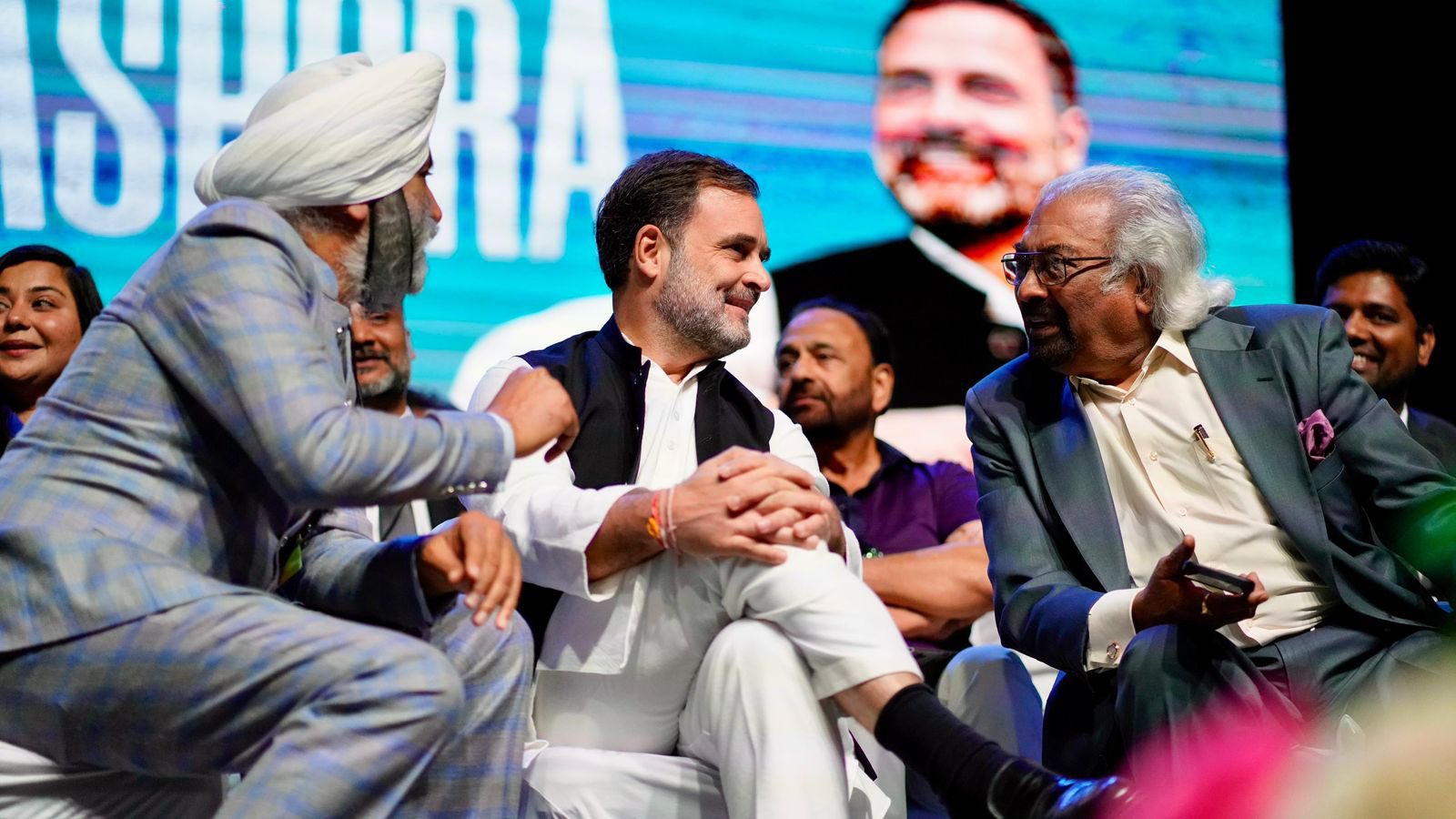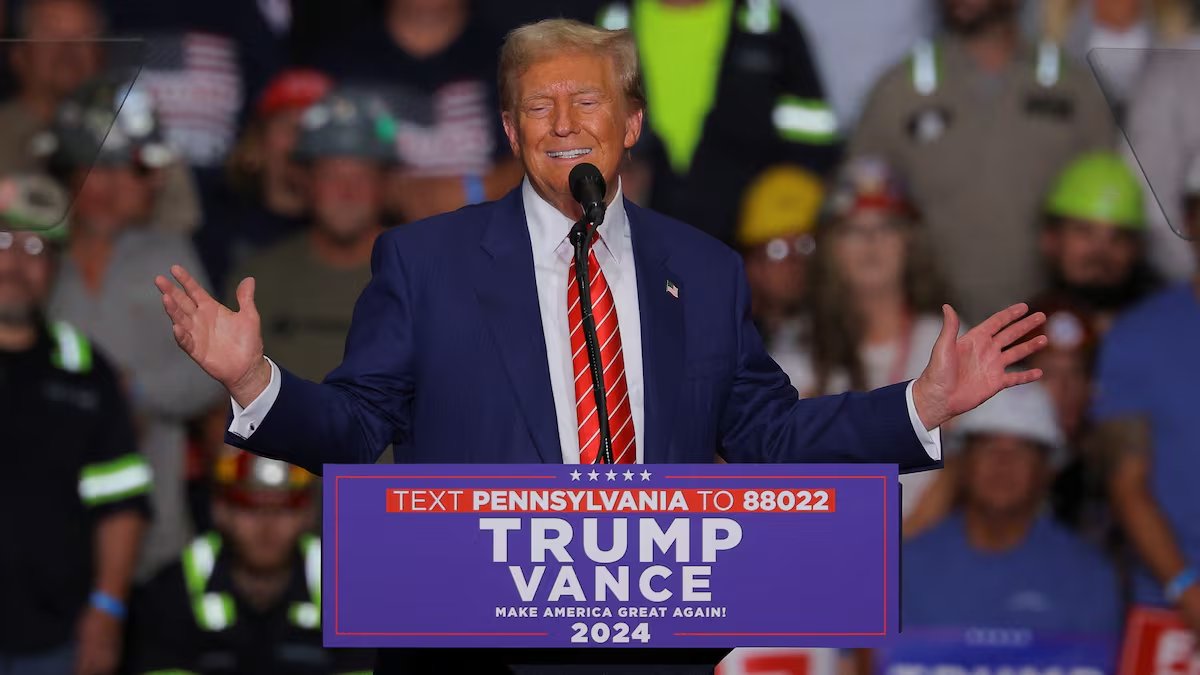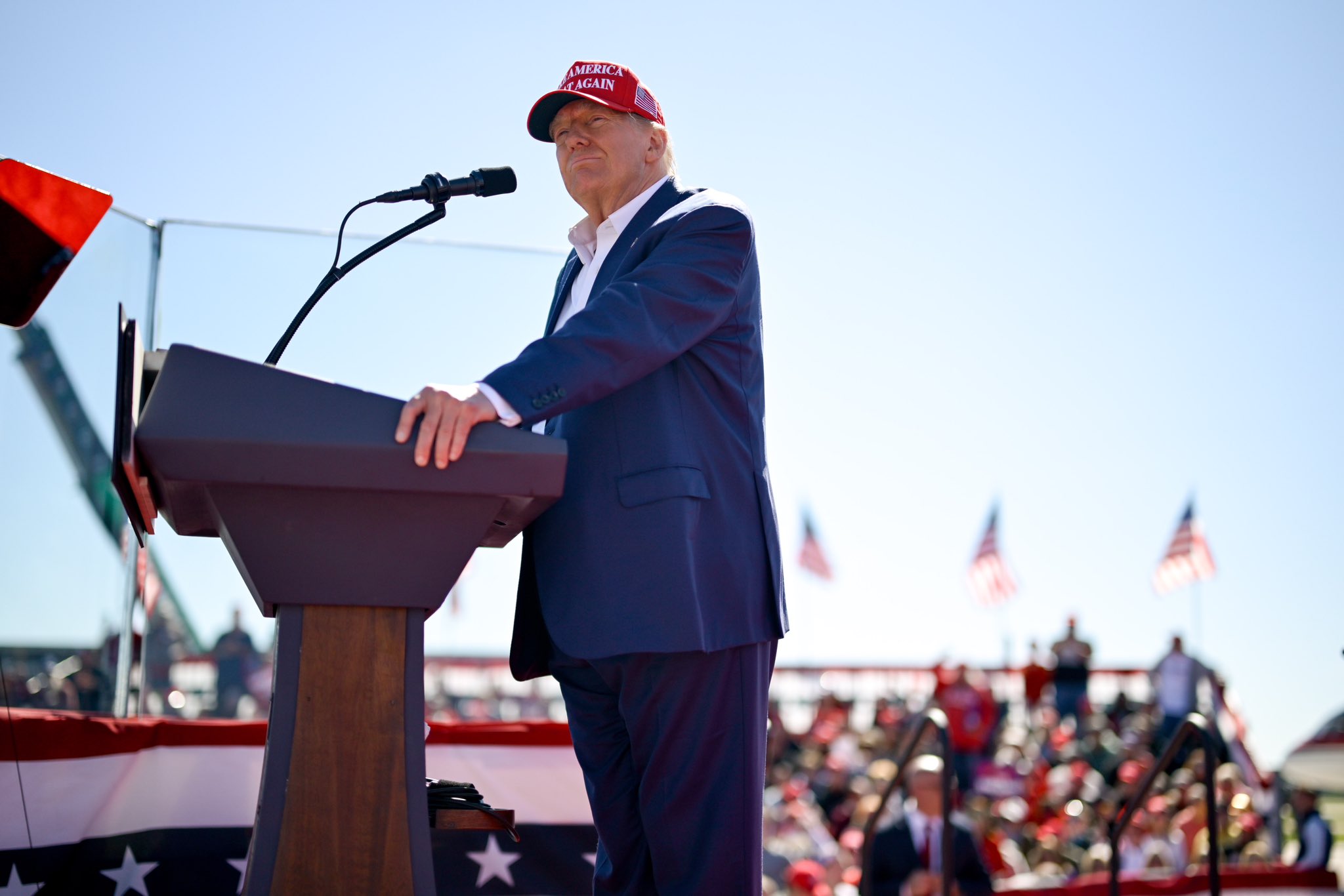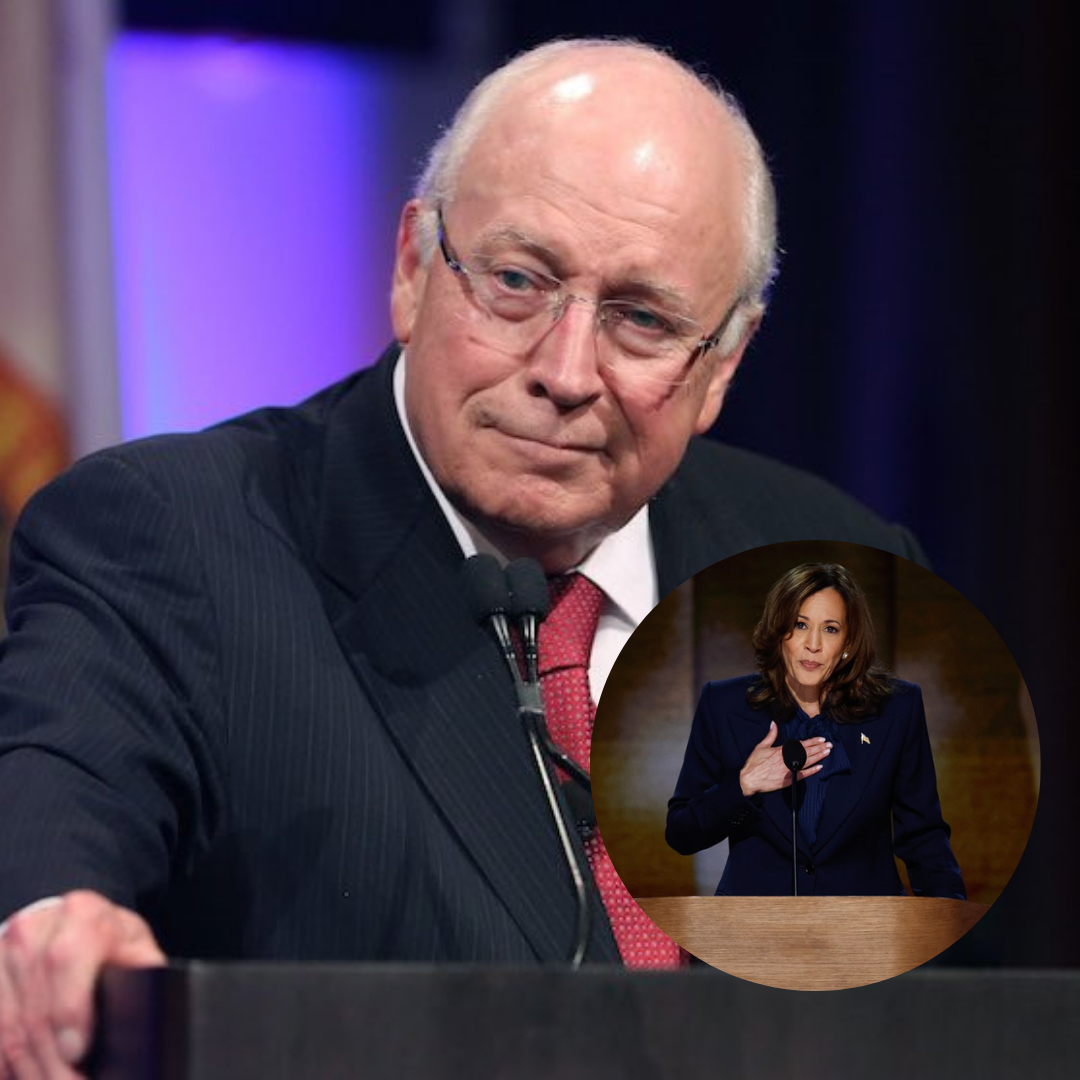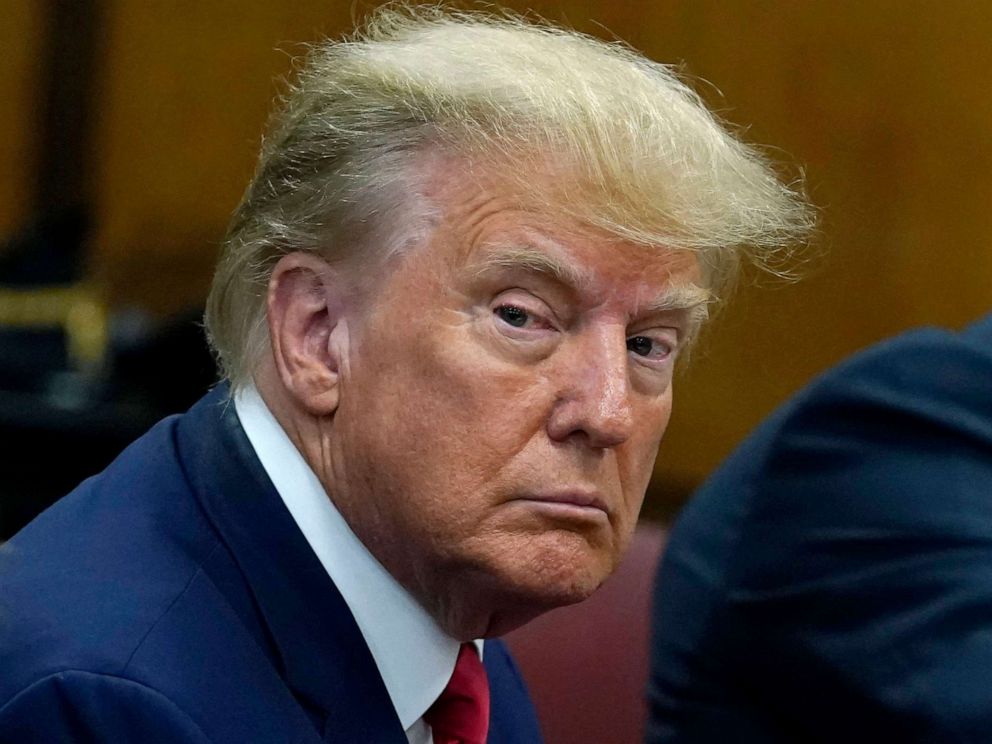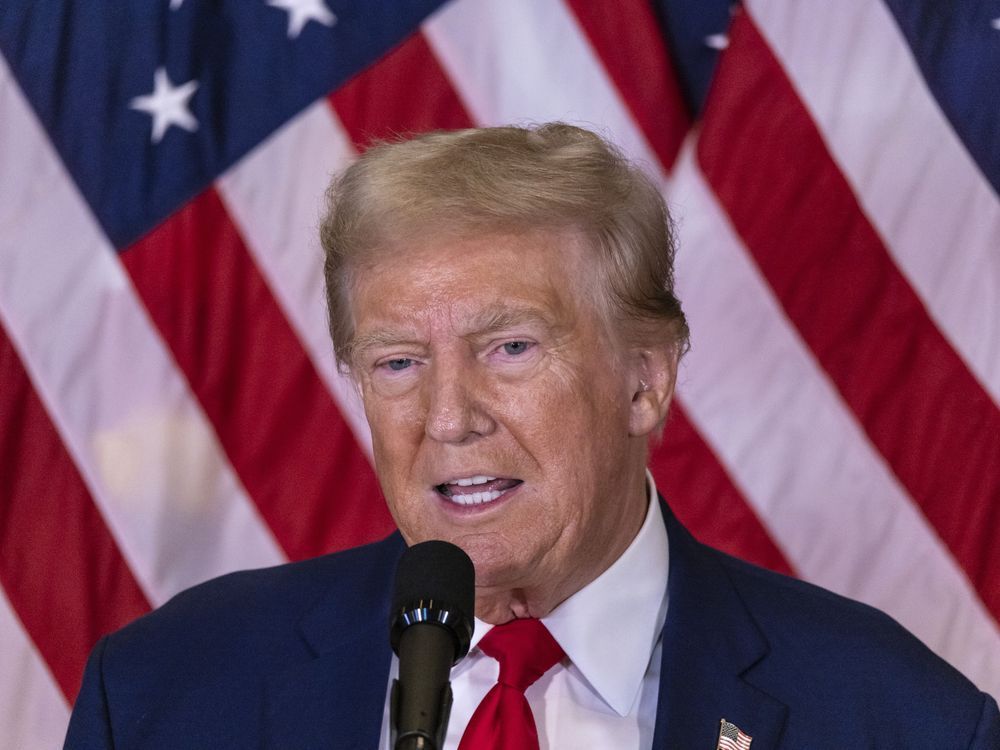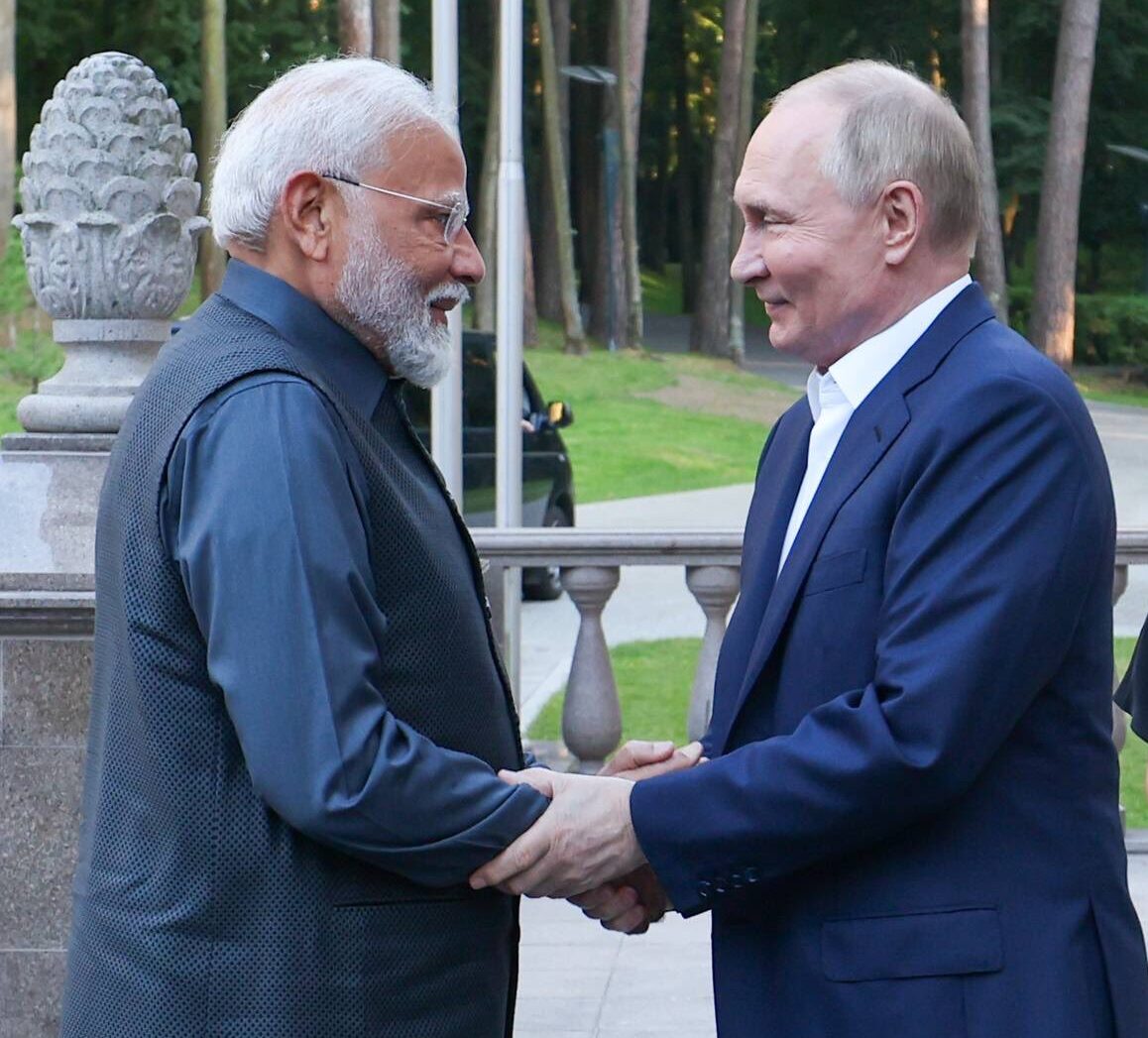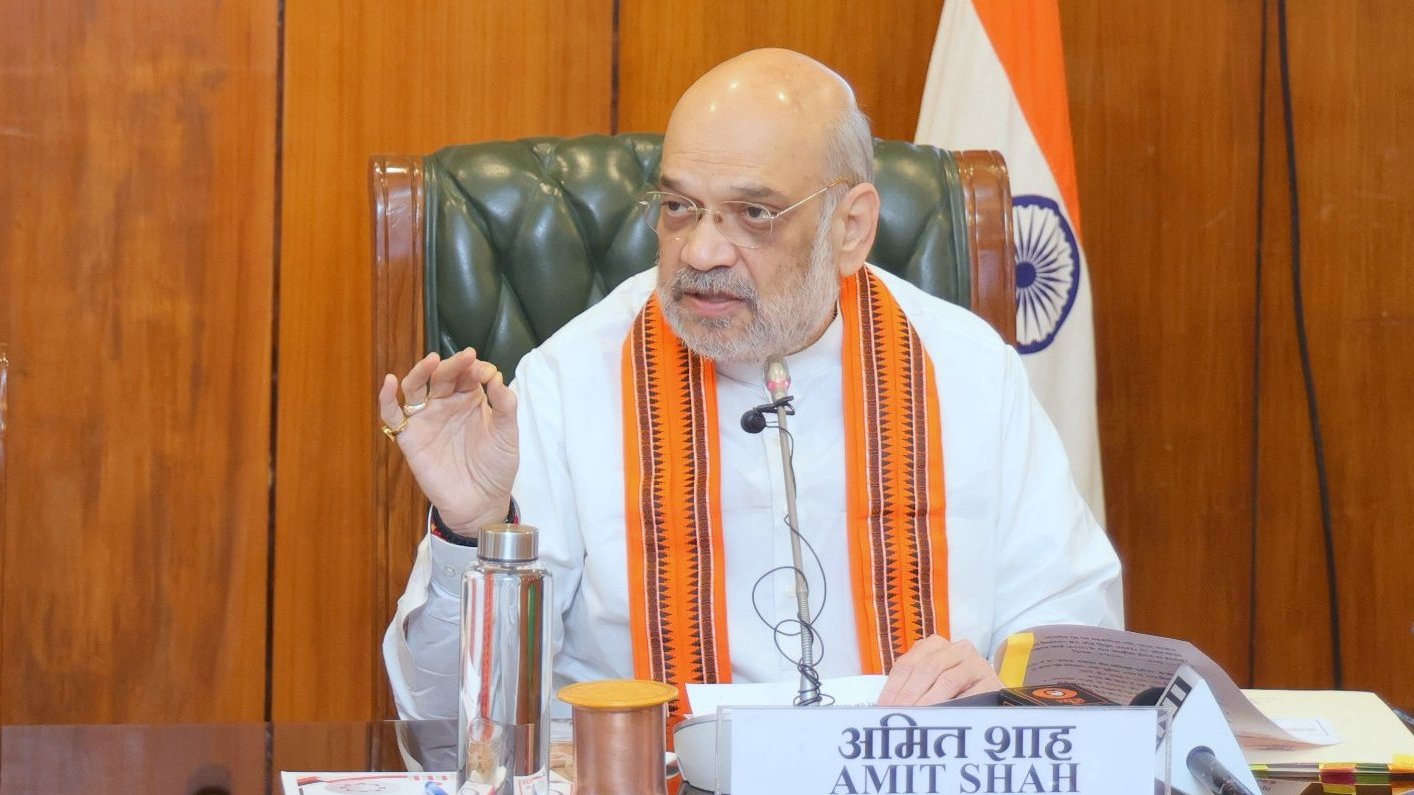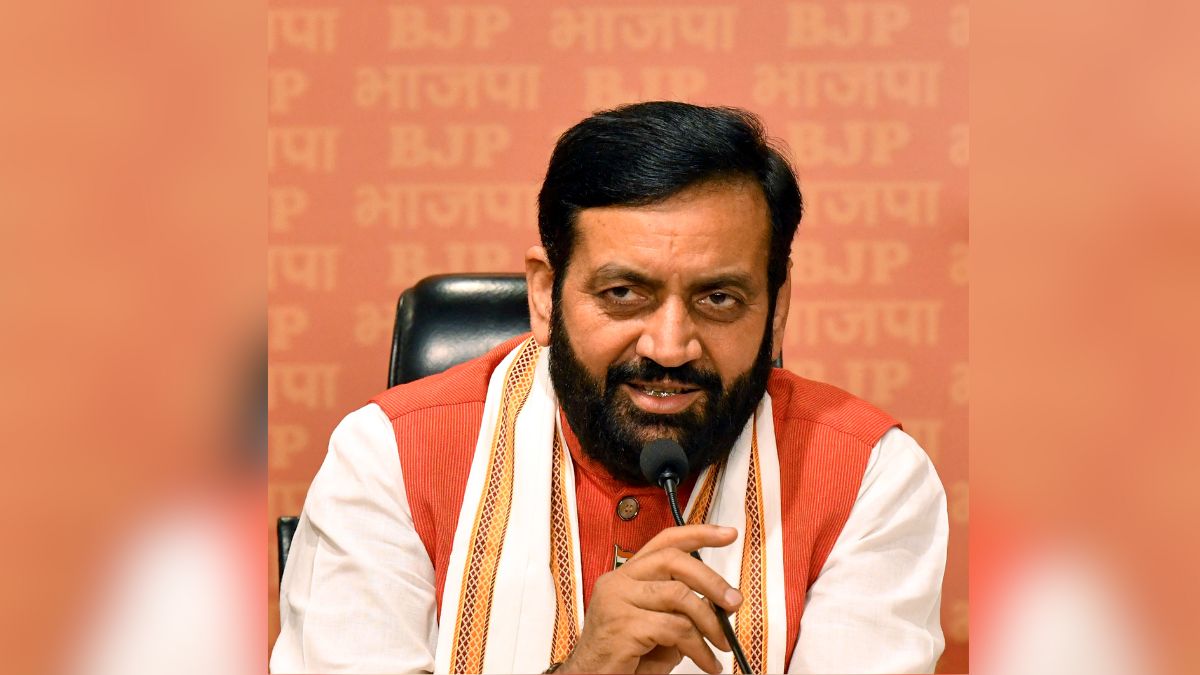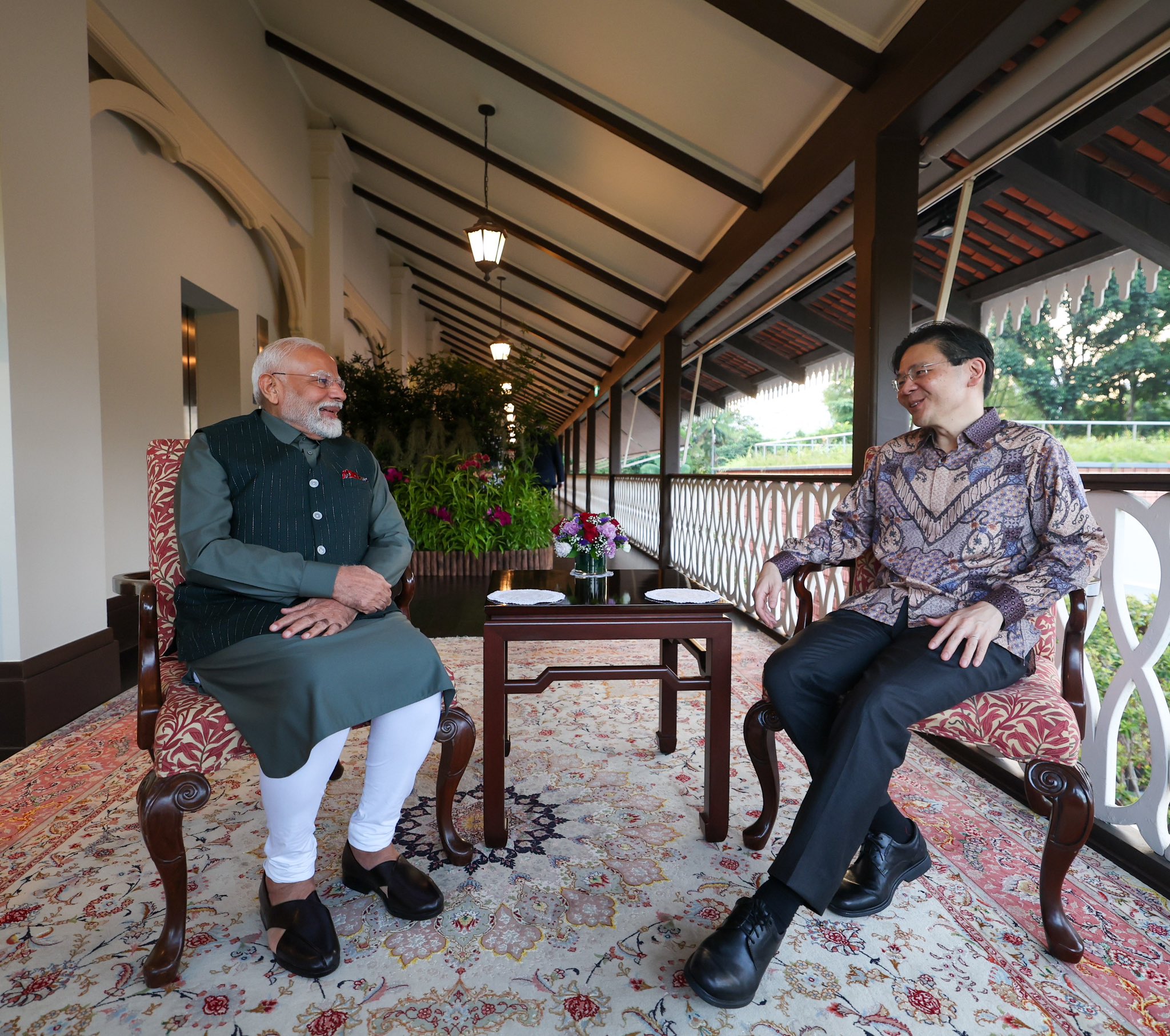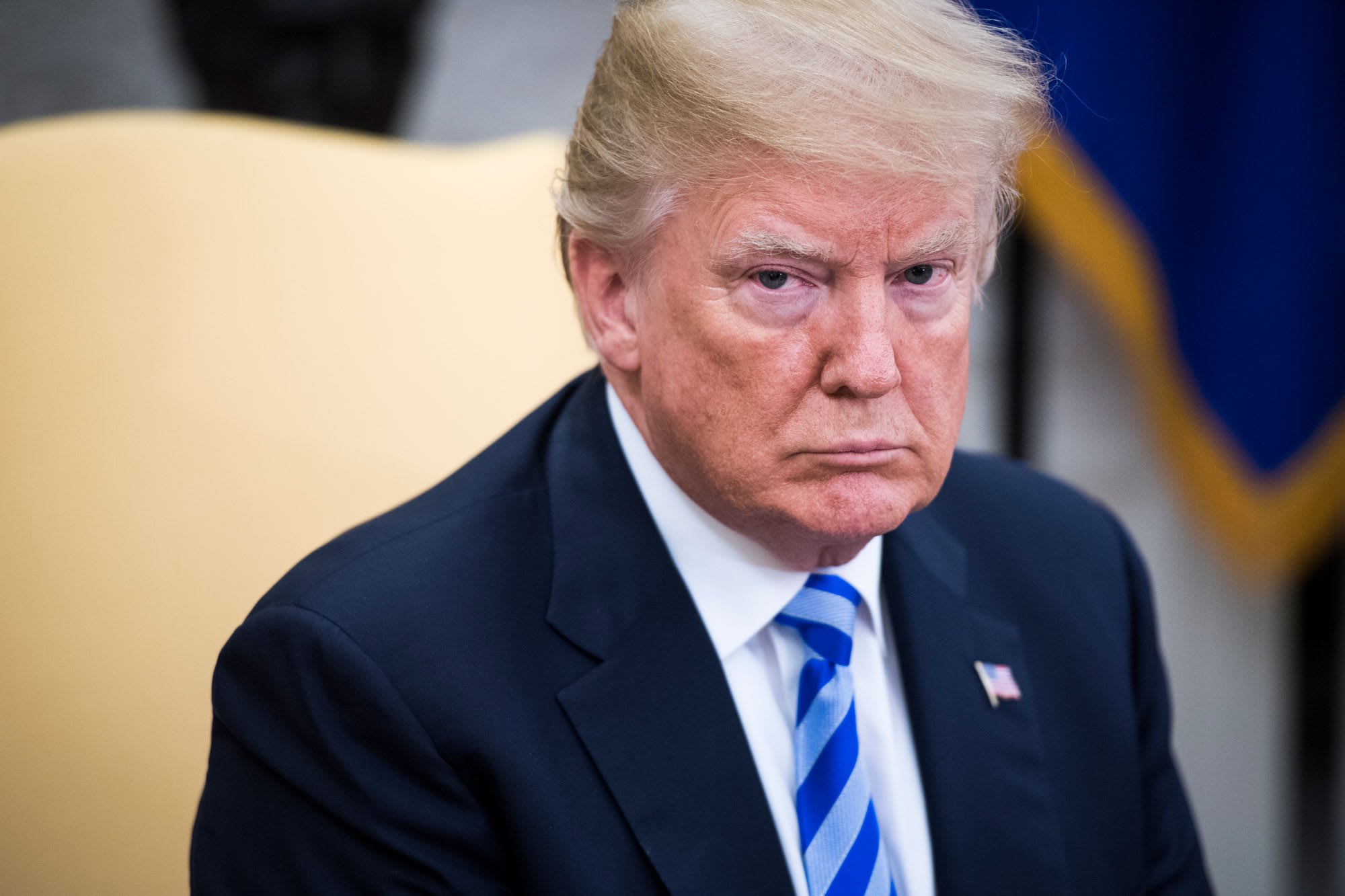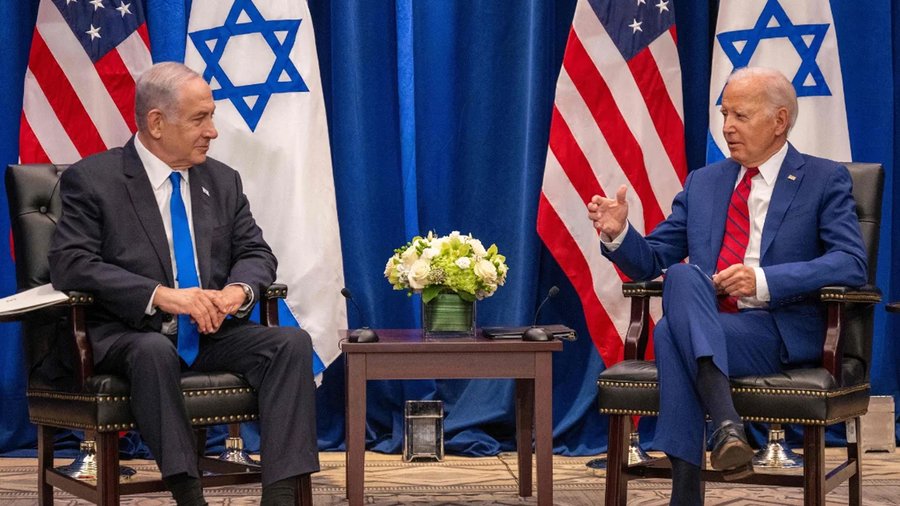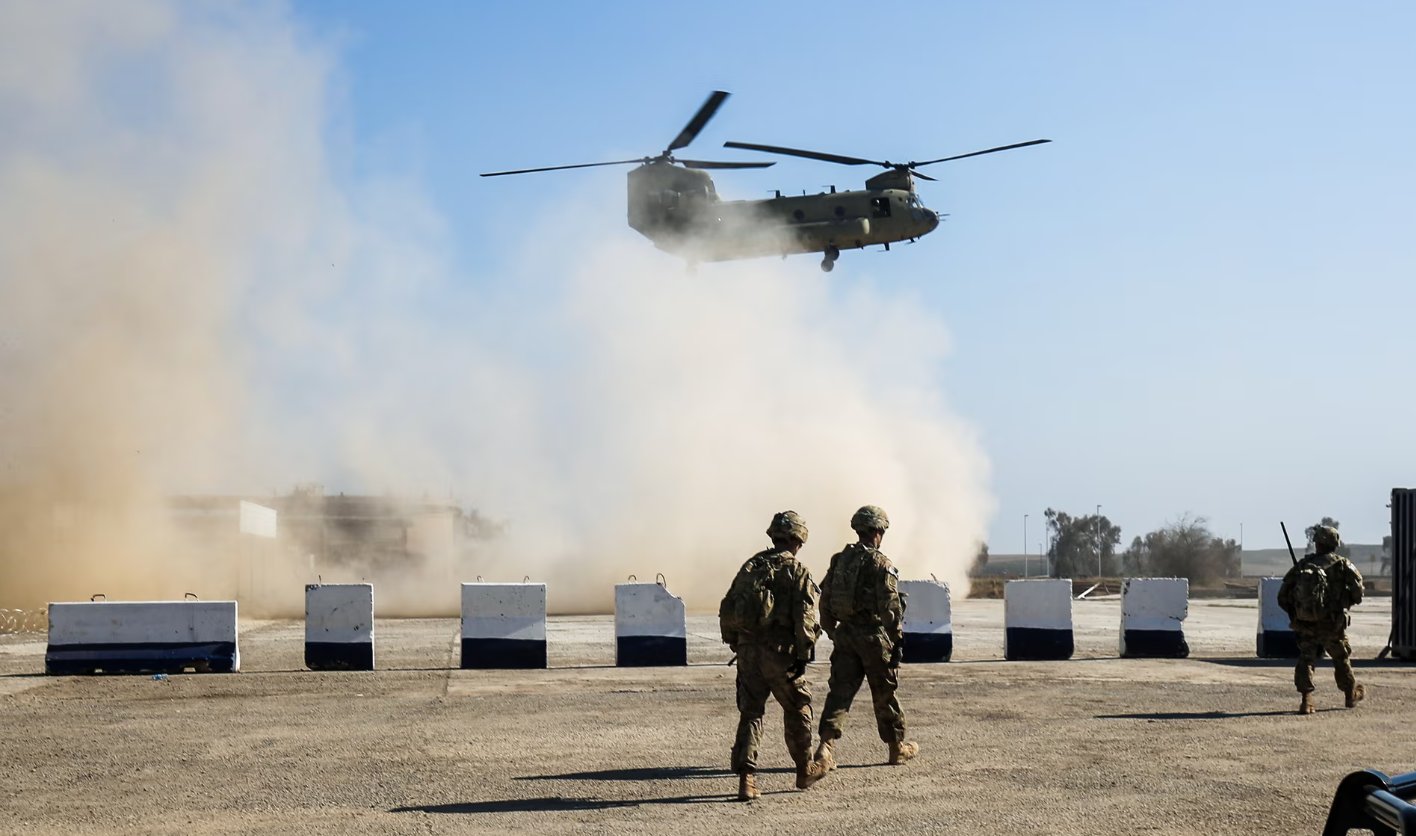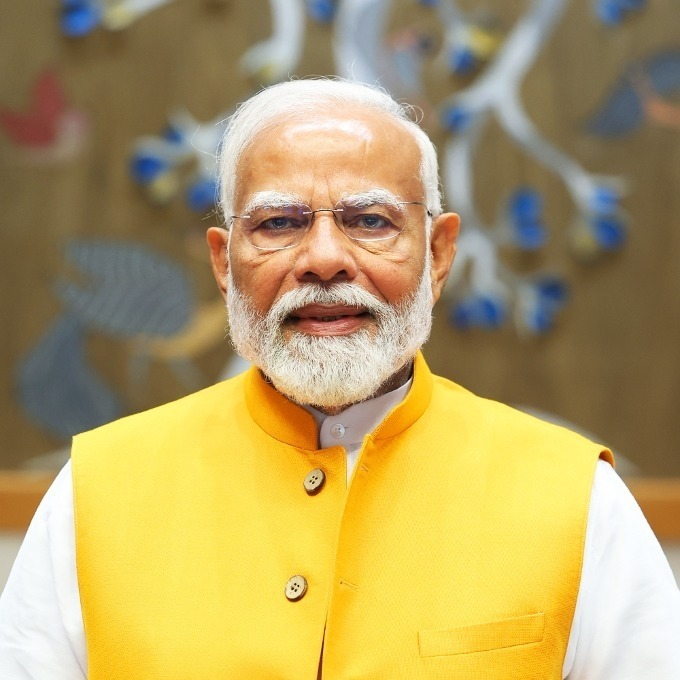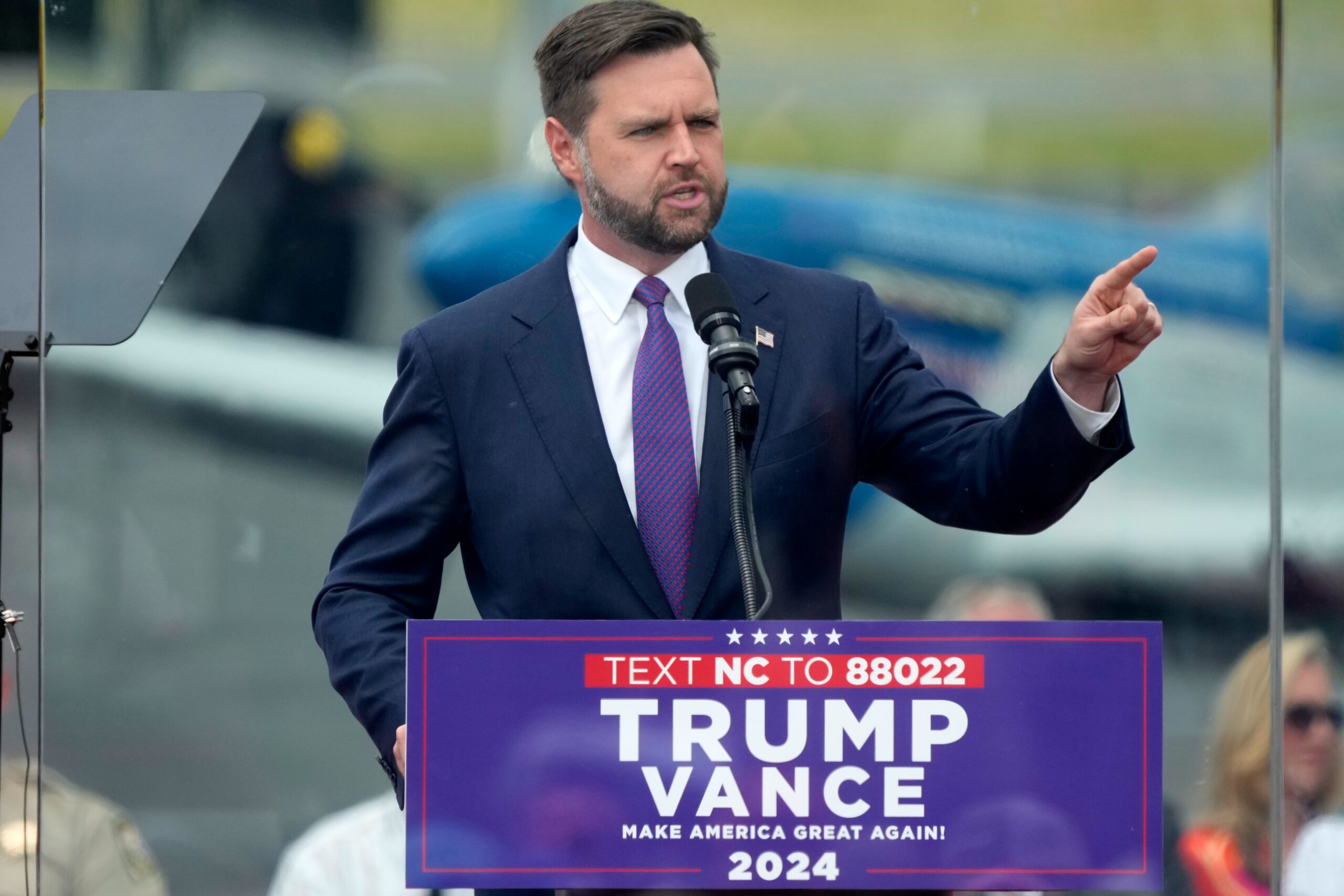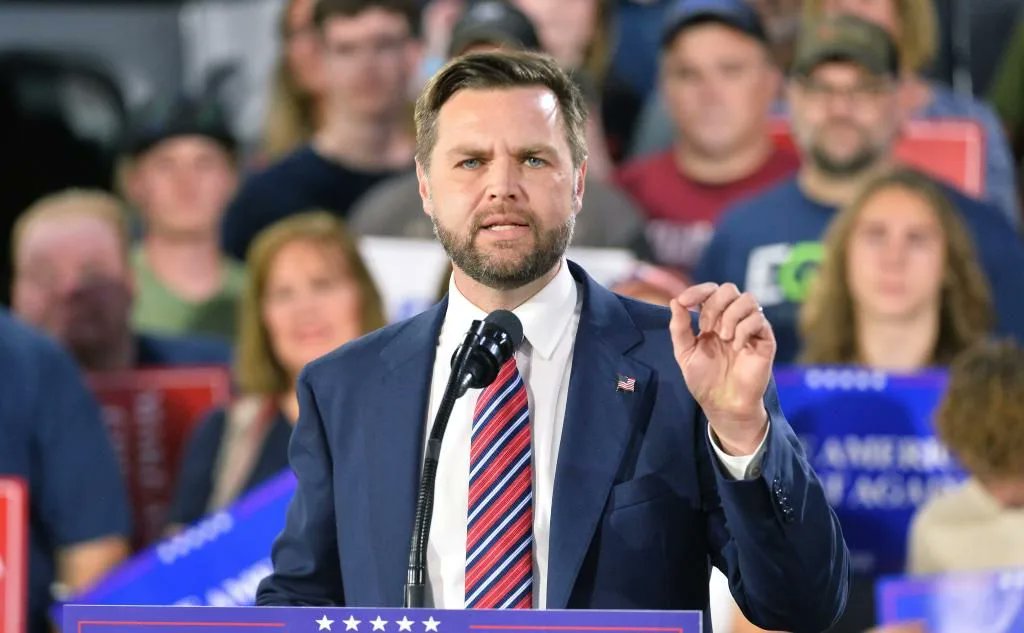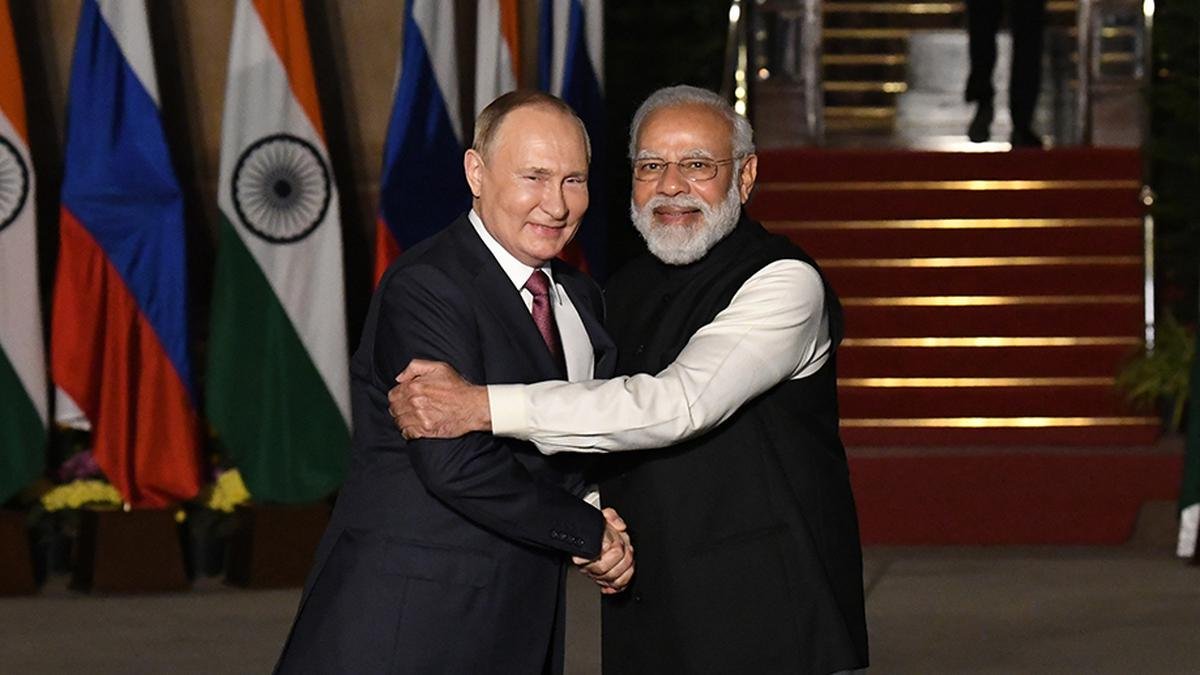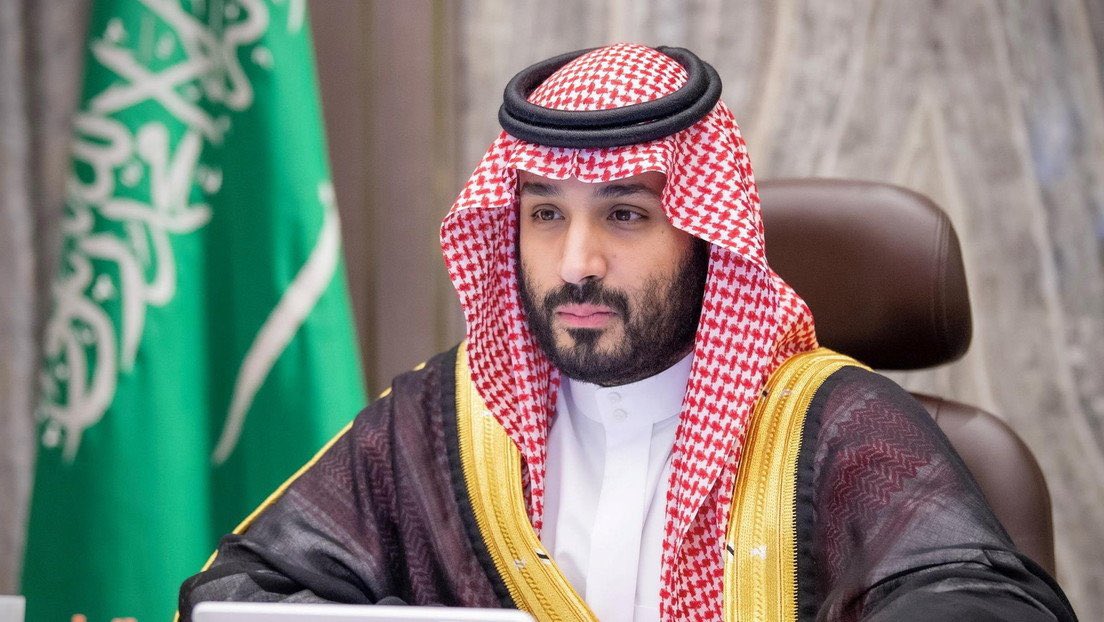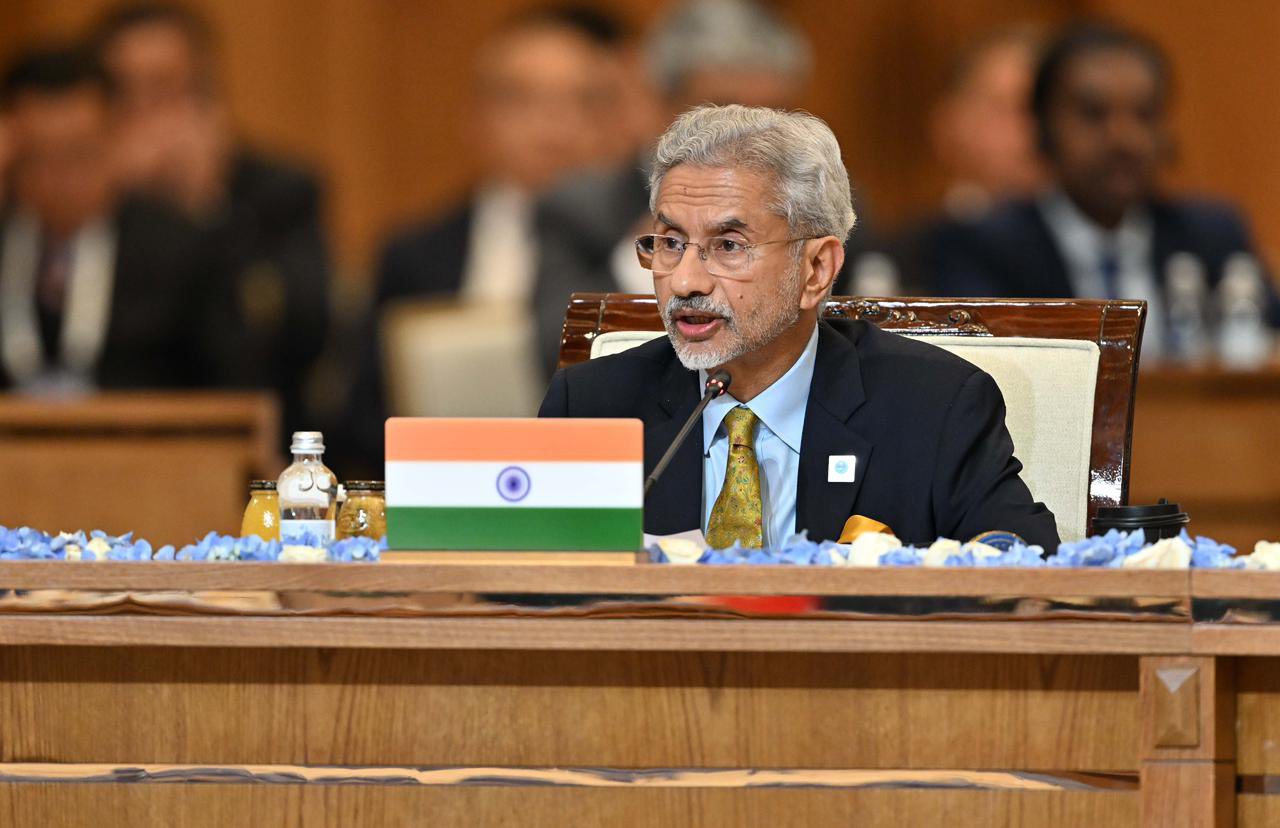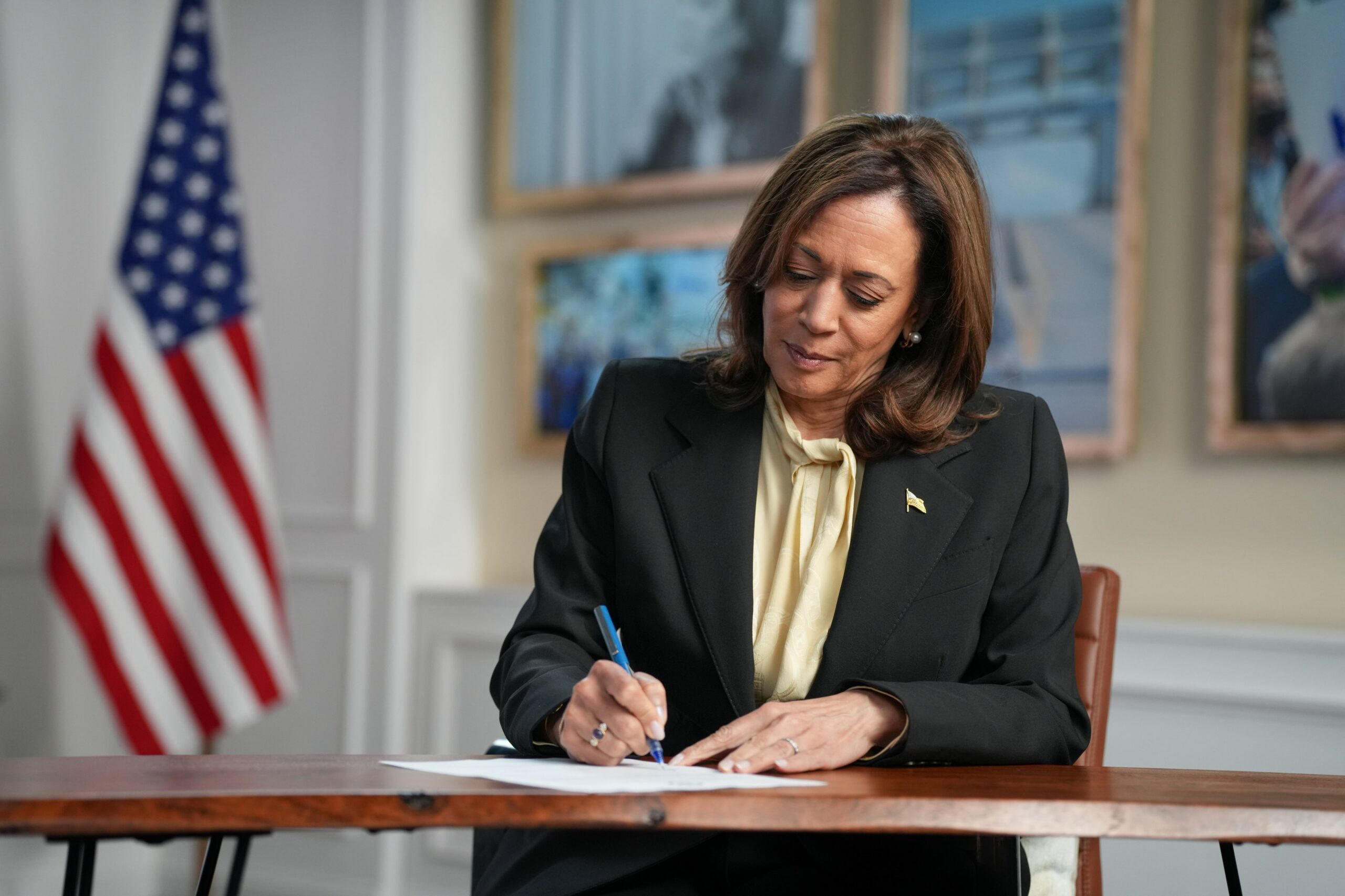August 26 marked a somber milestone in the aftermath of the U.S. withdrawal from Afghanistan, as Vice President Kamala Harris’ campaign has reignited criticism against former President Donald Trump’s 2020 Taliban deal. The scrutiny comes as Trump has intensified his attacks on Harris and President Joe Biden for the chaotic evacuation and the tragic events surrounding the Abbey Gate suicide bombing attack.
On August 26, three years after the devastating suicide bombing outside the Hamid Karzai International Airport in Kabul—an attack that claimed the lives of 13 U.S. service members, injured 18 others, and killed approximately 170 Afghan civilians—Trump placed blame for the “humiliation in Afghanistan” squarely on Harris and Biden. In a speech delivered in Detroit, Trump criticized the Biden administration’s handling of the U.S. troop withdrawal, a topic that has been a focal point of his recent campaign rhetoric.
Trump’s Criticism and Harris’ Response
Trump has leveraged the anniversary of the Abbey Gate attack to condemn Harris and Biden, focusing on the perceived mismanagement of the U.S. withdrawal from Afghanistan. Trump’s campaign continues to highlight the chaotic scenes that unfolded as American forces and Afghan allies were evacuated, casting the situation as a direct result of the current administration’s failures.
In response, Harris’ campaign has pivoted to reexamine Trump’s role in the events leading up to the withdrawal. The campaign is emphasizing Trump’s 2019 decision to abruptly cancel a meeting with Taliban leaders at Camp David, an action that they argue exemplifies the problematic nature of his administration’s dealings with the Taliban.
Harris’ campaign national security spokesperson, Morgan Finkelstein, criticized Trump’s actions, stating, “Trump shamelessly attacks the vice president because he hopes he can trick the country into forgetting that his own actions put troops in harm’s way. Trump wanted to bring the Taliban to Camp David just days before September 11th—think about that. He cut a bad deal with the very same people who violently took over Afghanistan and led to the collapse of the Afghan government.”
The 2020 Taliban Deal
On September 7, 2019, Trump tweeted about canceling a scheduled meeting with the Taliban after a U.S. soldier was killed by the terrorist group. This cancellation was a precursor to the eventual February 2020 agreement between Trump and the Taliban, which aimed to significantly reduce the U.S. troop presence in Afghanistan by the end of that year. In return, the Taliban pledged not to allow the country to be used for terrorist activities.
However, the agreement faced criticism from various quarters. Taliban attacks on Afghan forces persisted, and Trump’s former national security adviser, H.R. McMaster, criticized the deal as a “surrender agreement with the Taliban” during a podcast interview.
ALSO READ -Inside the Debate Prep: Method Acting and Tough Questions for Harris vs. Trump
The Biden Administration’s Actions
As the Biden administration took office in January 2021, it inherited the framework of the Trump-Taliban deal. President Biden, while critical of the deal, decided to adhere to the terms but extended the withdrawal deadline to September 11, 2021, to mitigate further military escalation. This decision was in line with Biden’s long-standing goal of ending the U.S. military engagement in Afghanistan, though the execution of the withdrawal was fraught with difficulties.
In April 2021, Biden stated, “It is perhaps not what I would have negotiated myself but it was an agreement made by the United States government, and that means something.” This sentiment reflects the administration’s commitment to following through with the deal despite its flaws.
The chaotic nature of the withdrawal, which saw scenes of desperate Afghan civilians clinging to departing aircraft, drew widespread criticism and significantly impacted Biden’s approval ratings. A CBS News poll from August 2021 revealed that a plurality of respondents believed the troop removal was handled poorly.
Trump’s Continued Criticism
In recent weeks, Trump has amplified his criticisms of the Biden administration, particularly targeting Harris. During a late August visit to Arlington National Cemetery, Trump was involved in a dispute over campaign photography, which overshadowed his wreath-laying ceremony. His subsequent speech at the National Guard Association conference in Detroit saw him calling for the resignation of Biden administration officials involved in the withdrawal. Trump characterized the situation as a national disgrace, stating, “It is not even believable how stupid these people were, to allow this to happen to our country. And we became a laughing stock all over the world, and we buried 13 soldiers.”
Harris’ Support for the Withdrawal Decision
In contrast, Harris has defended the administration’s decision to end the war in Afghanistan. In her statements, she emphasized the valor of the 13 service members who lost their lives and reaffirmed her support for Biden’s decision. Before becoming vice president, Harris had been a proponent of withdrawing U.S. troops from Afghanistan and ending the long-standing conflict. In April 2021, she mentioned being the last person Biden consulted with before the final decision was made to withdraw all remaining troops.
During the chaotic withdrawal, Harris focused on the evacuation of American citizens and Afghan allies who had supported the U.S. mission. Her statements and actions during this period reflect her commitment to ensuring the safety of those involved, despite the challenging circumstances.
Ongoing Investigations and Political Implications
The House Republicans are currently investigating the Biden administration’s handling of the withdrawal, further fueling the political debate surrounding the issue. The investigation is likely to continue to shape public discourse and political strategy leading up to the 2024 elections.
As the political battle over the Afghanistan withdrawal intensifies, both Trump and Harris are leveraging the issue to bolster their respective positions. Trump’s criticism and Harris’ counterarguments highlight the ongoing contention over the U.S. exit from Afghanistan and the broader implications for U.S. foreign policy and national security.
In summary, the debate over the Afghanistan withdrawal and Trump’s 2020 Taliban deal remains a significant point of contention in the political arena. As both sides continue to scrutinize each other’s actions, the impact of these discussions on the upcoming election cycle is yet to be fully determined.


